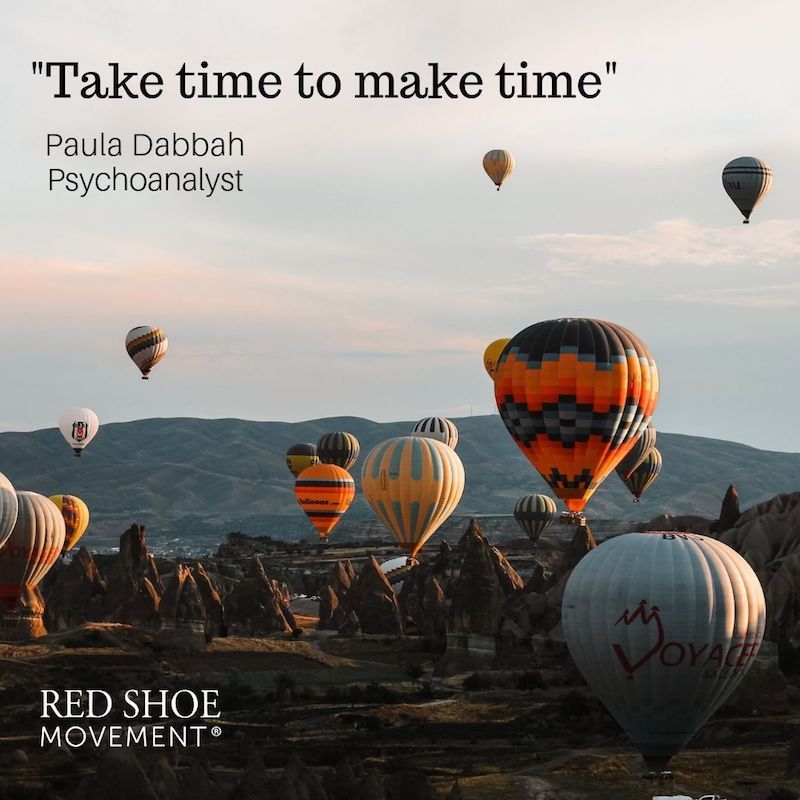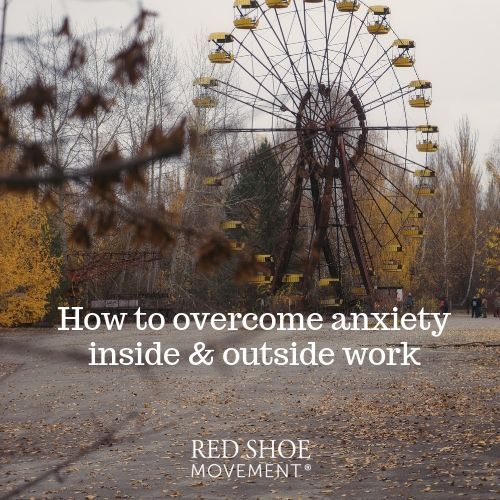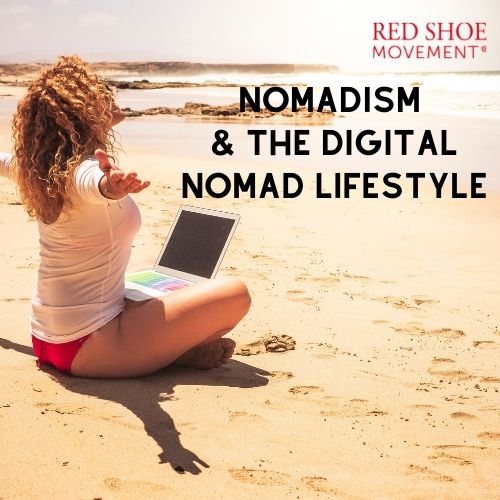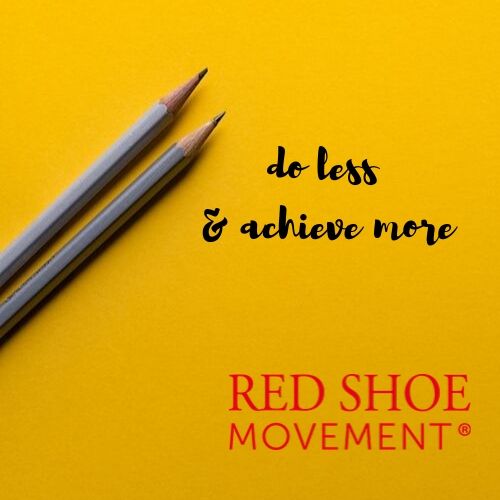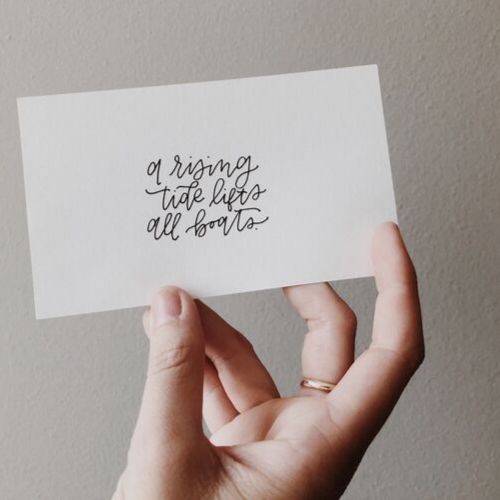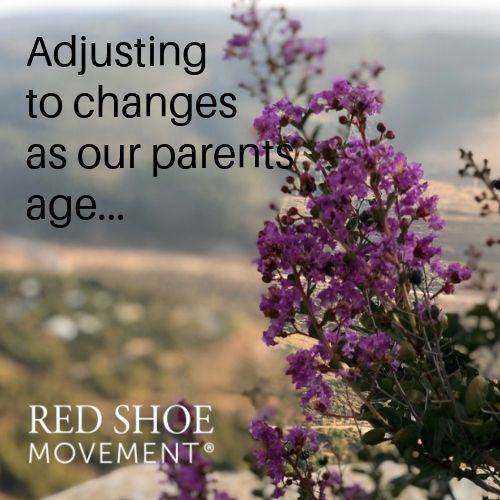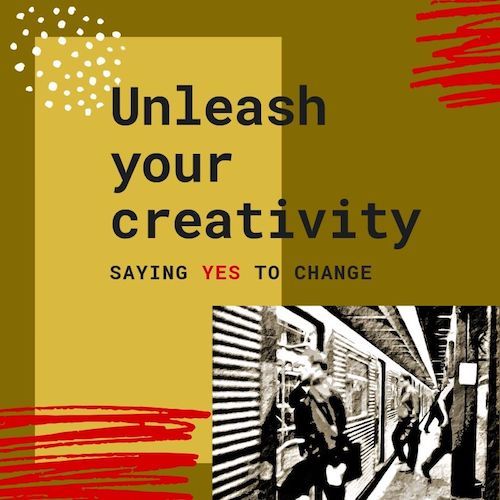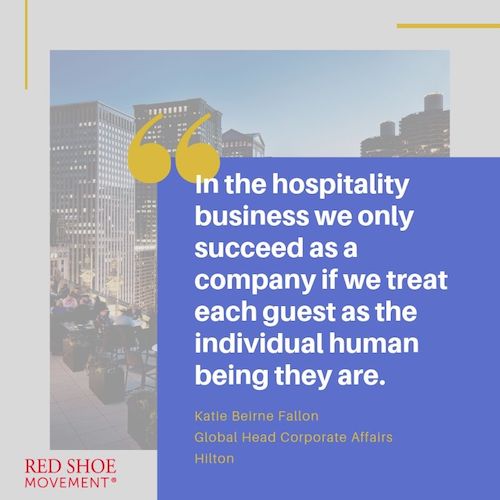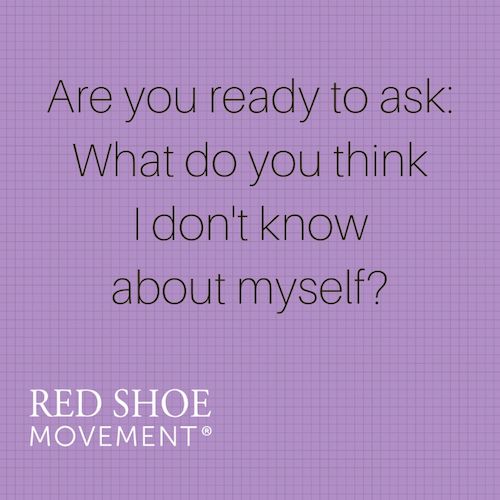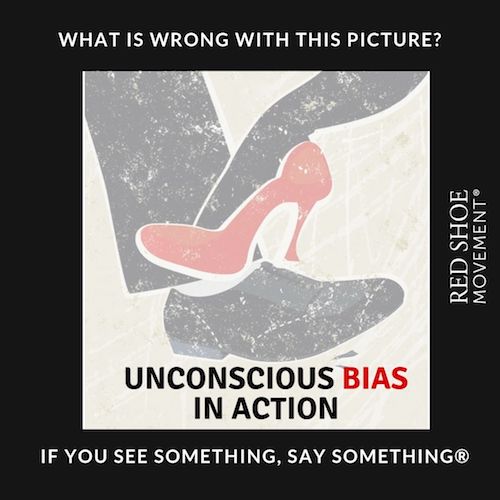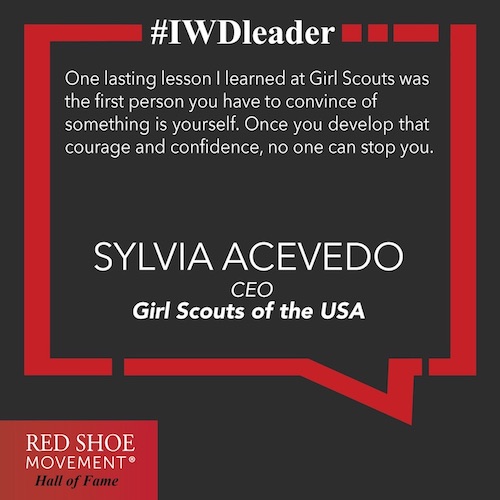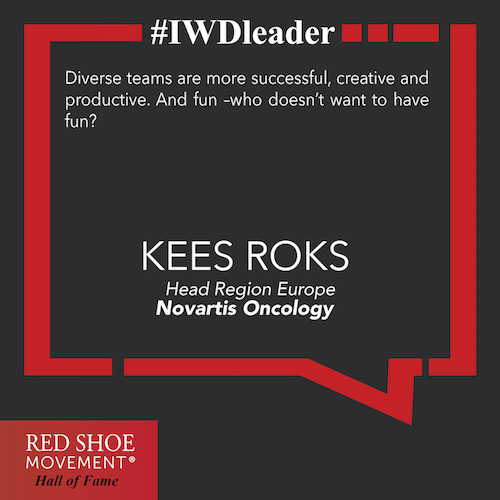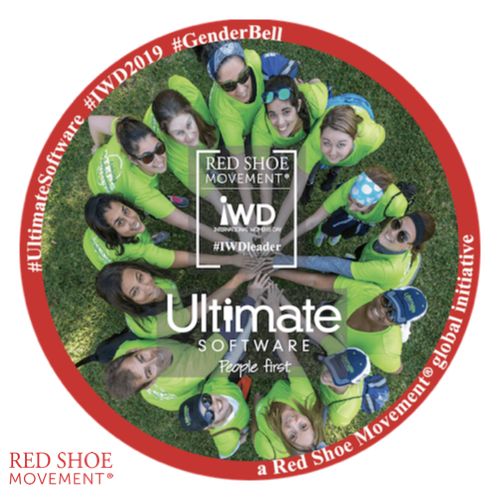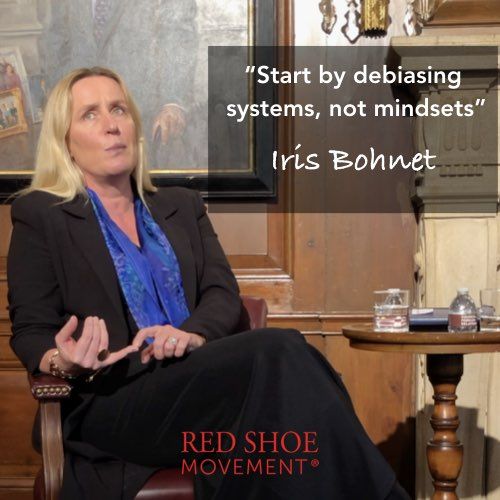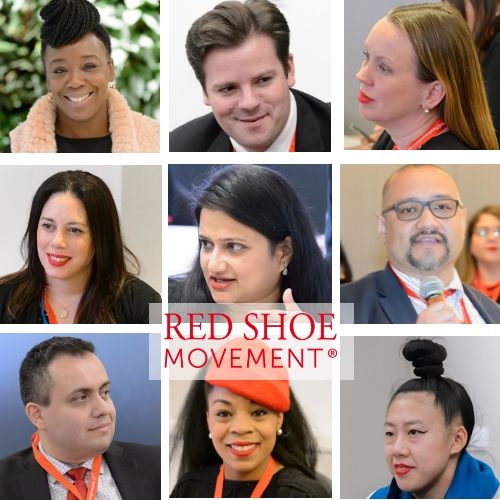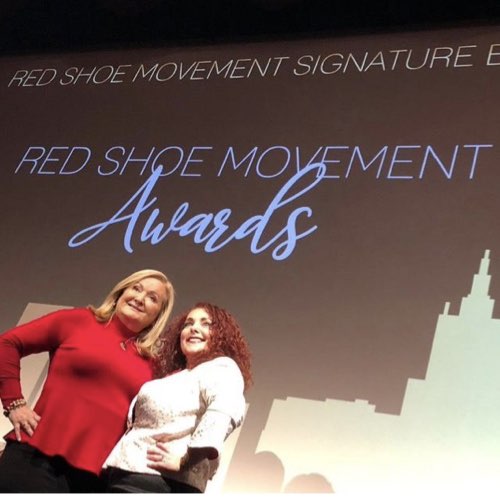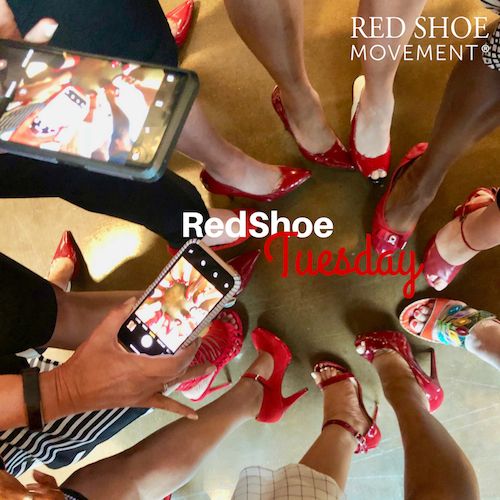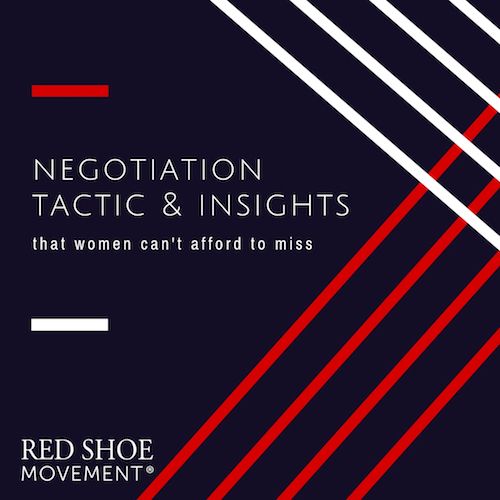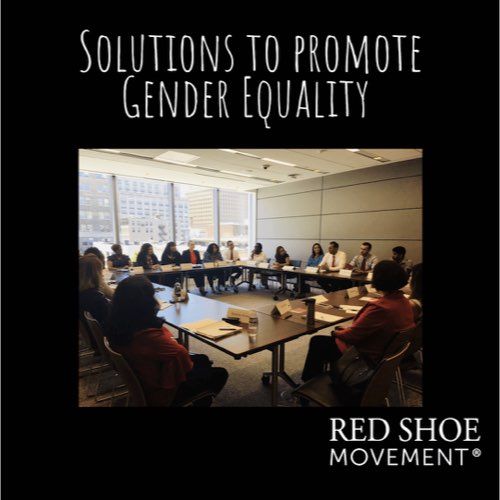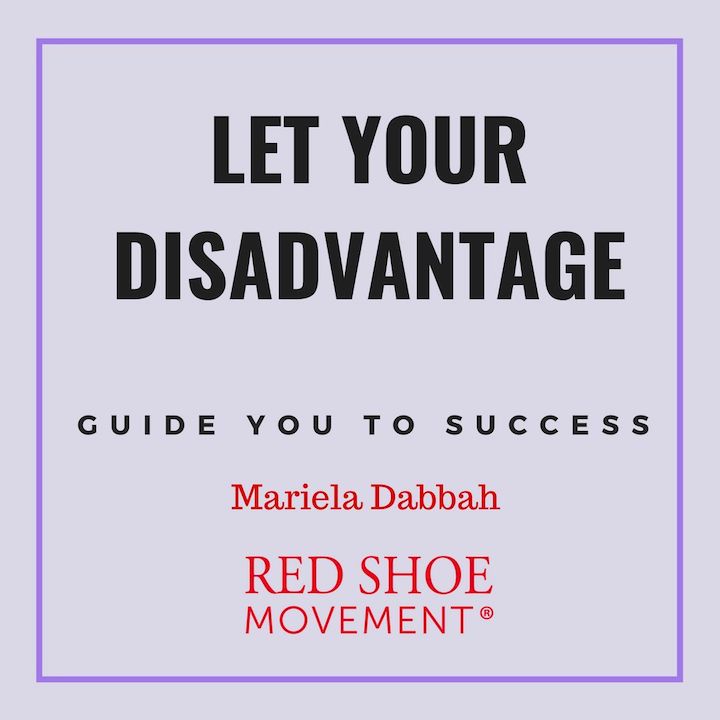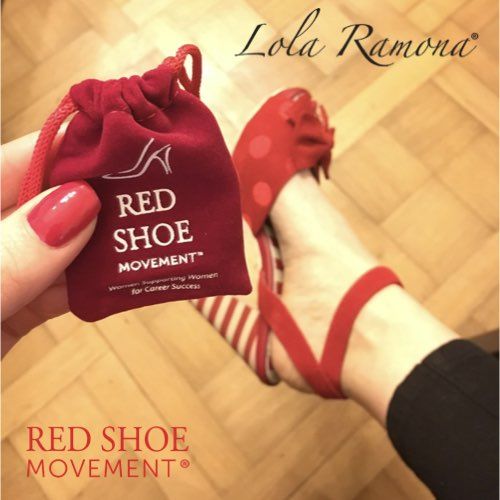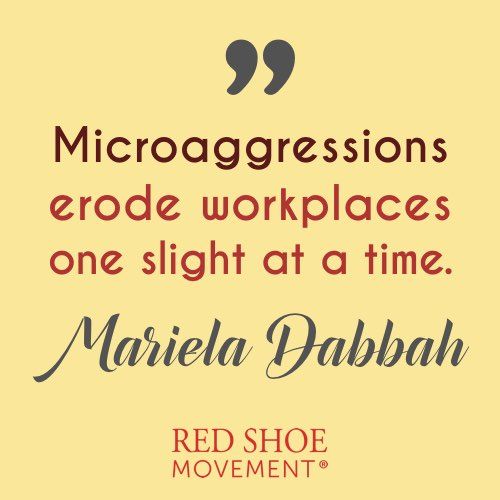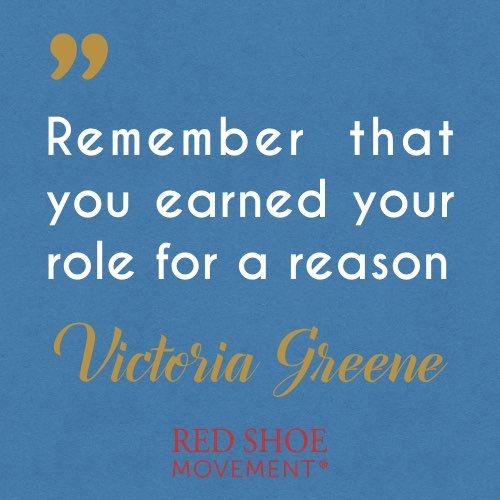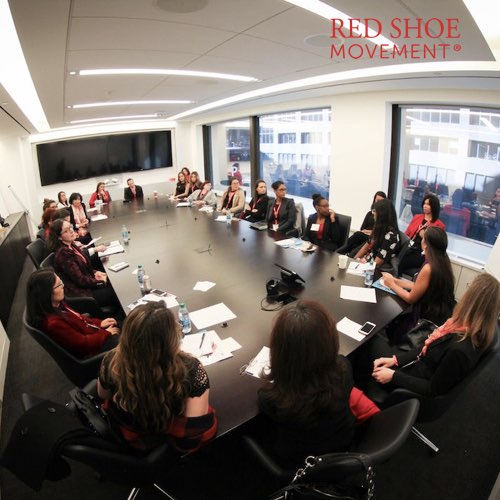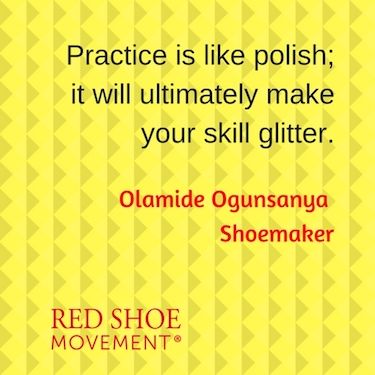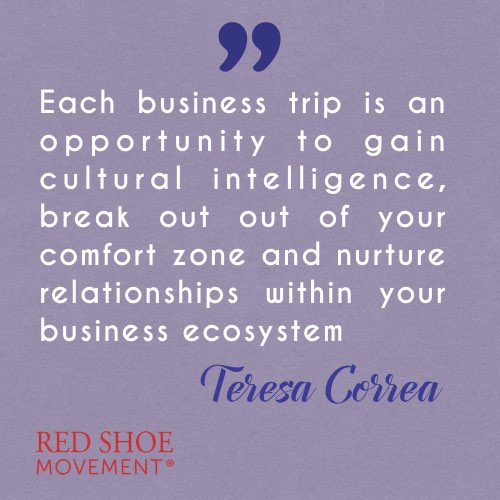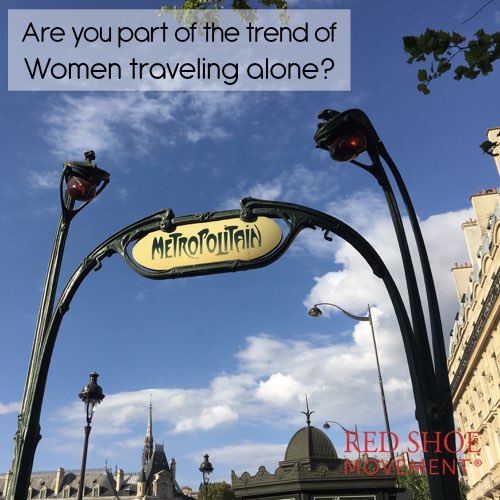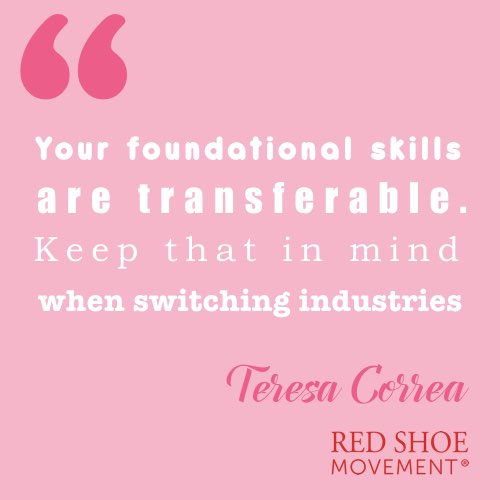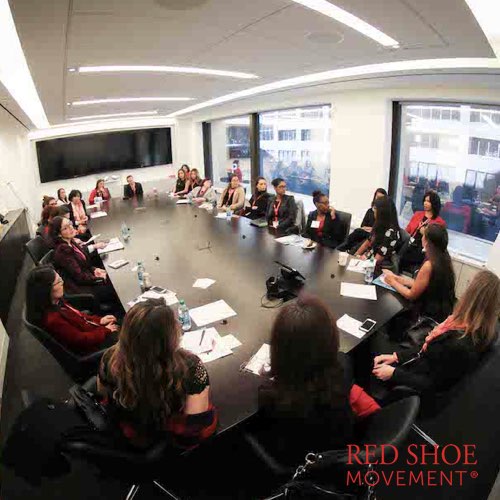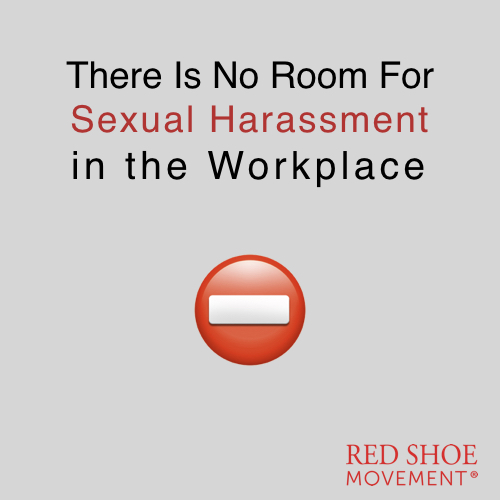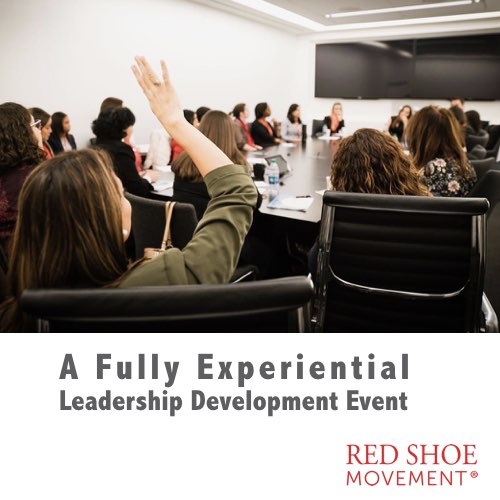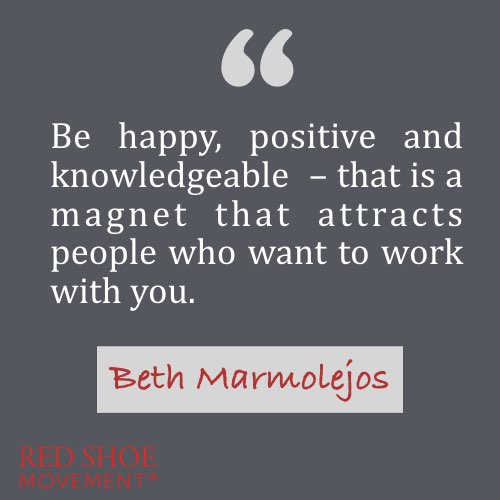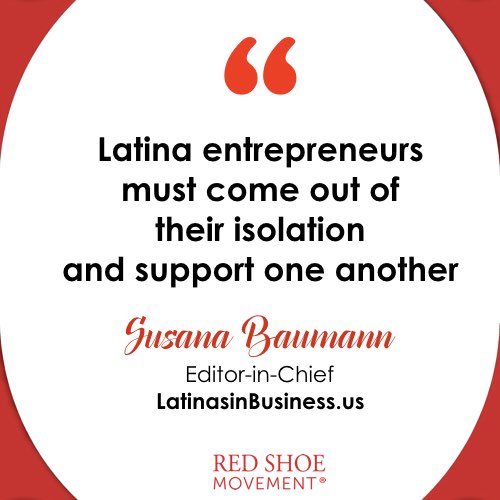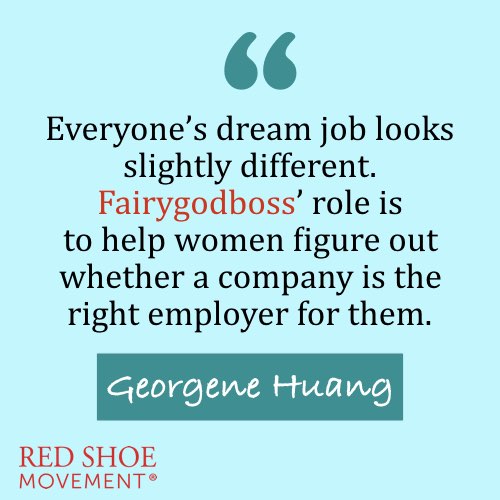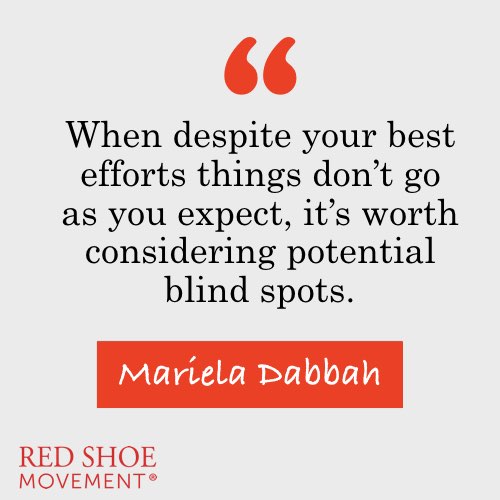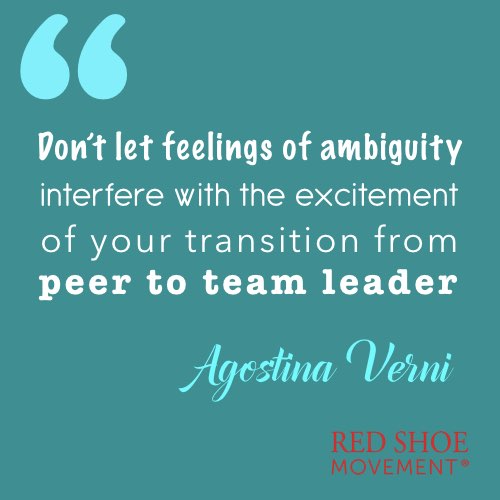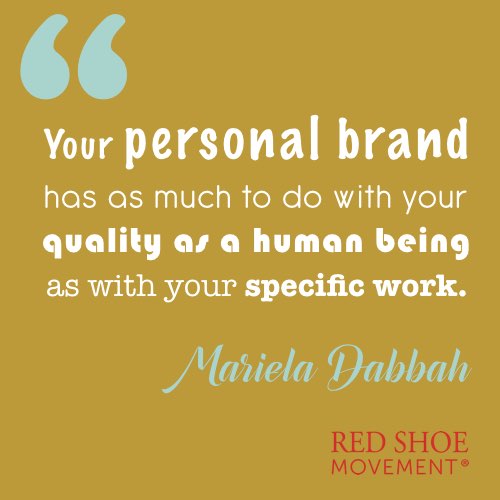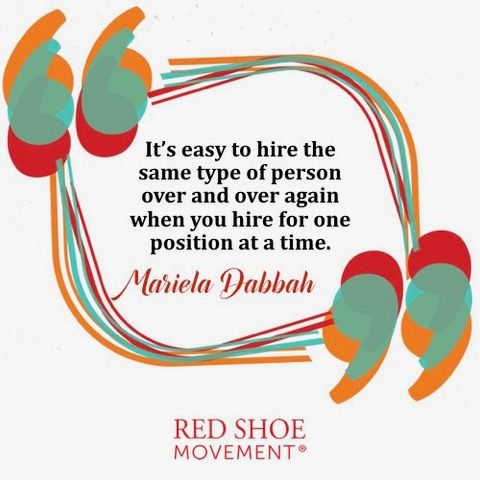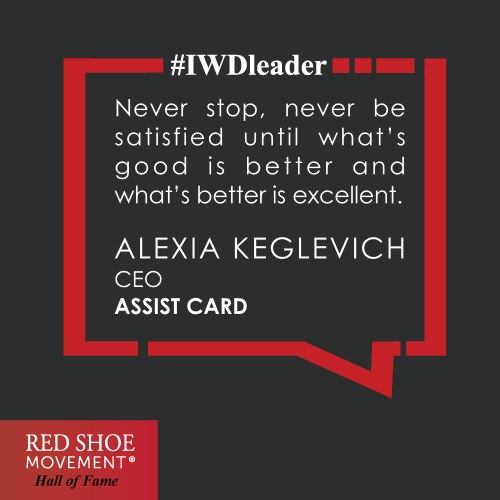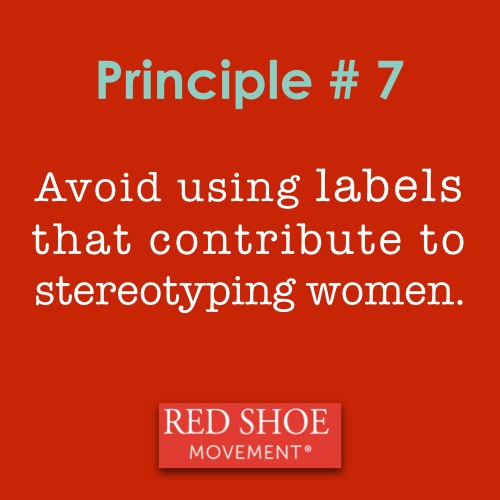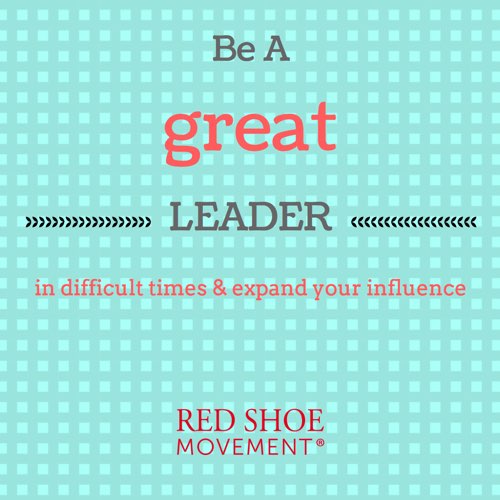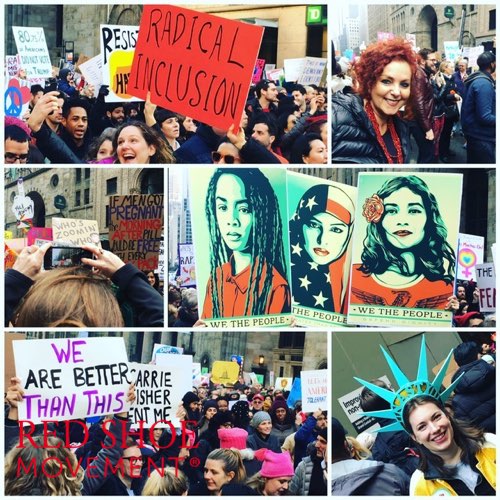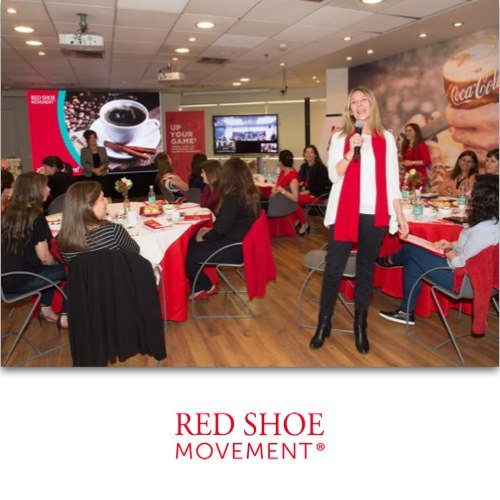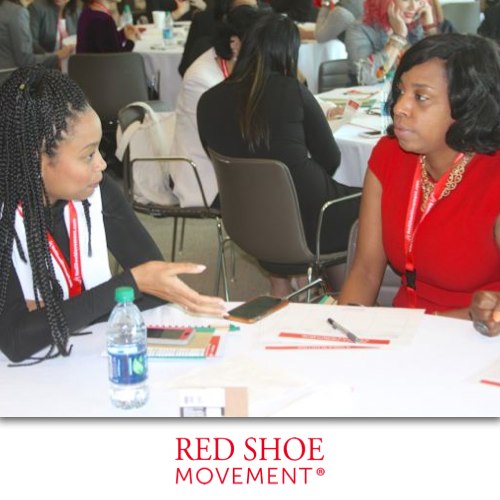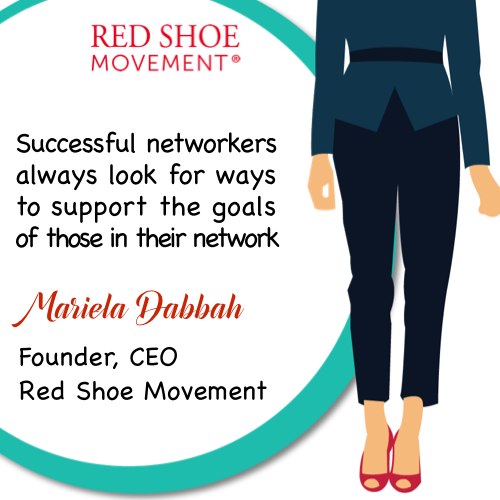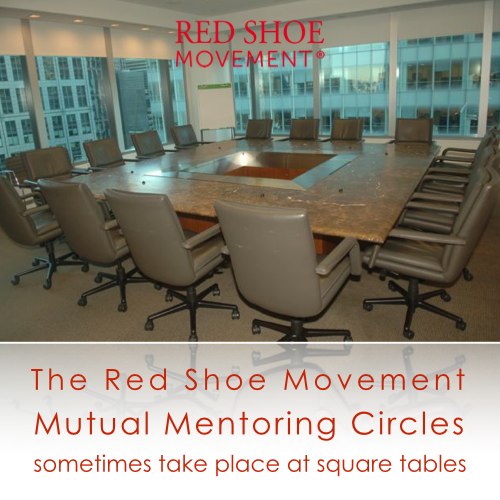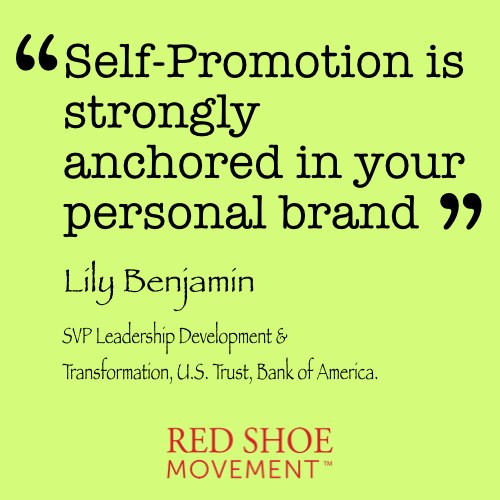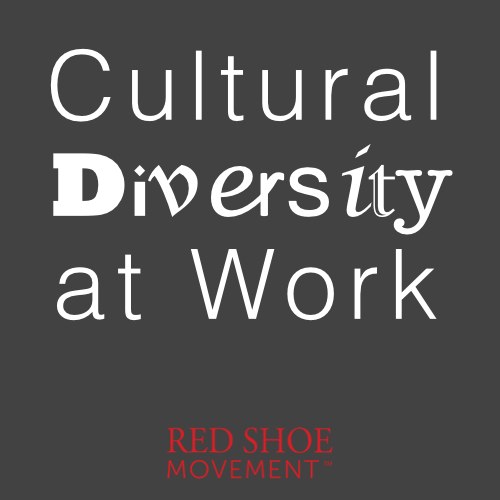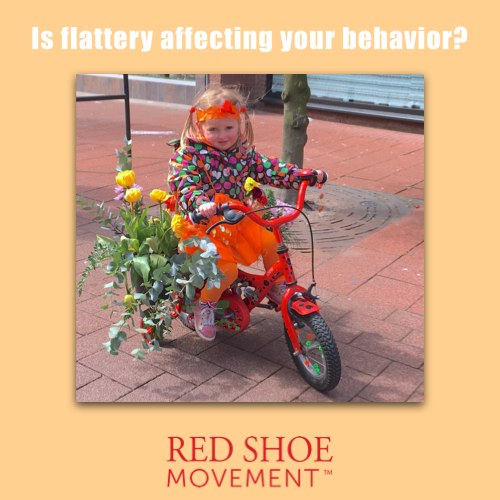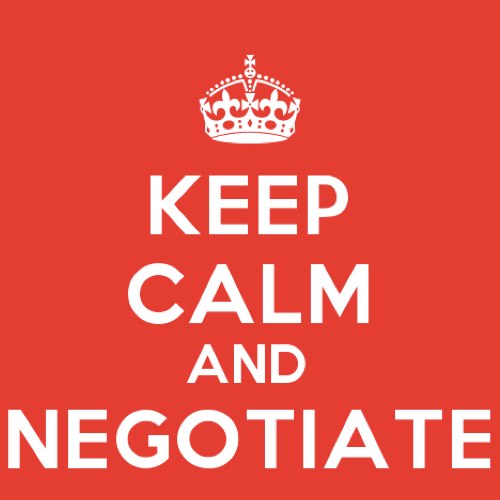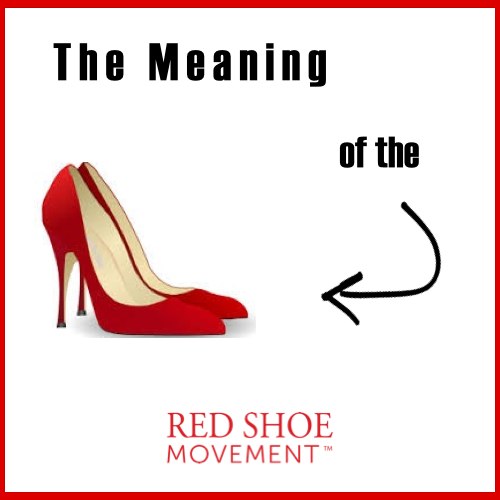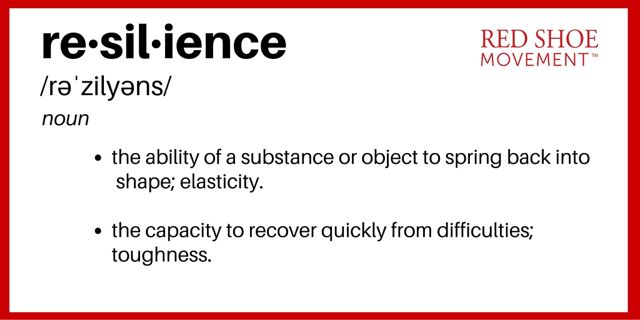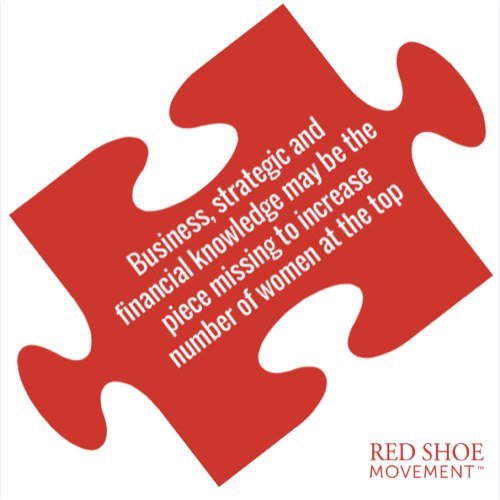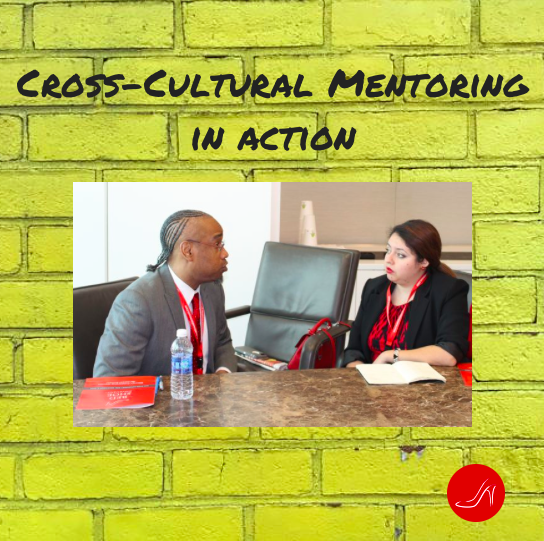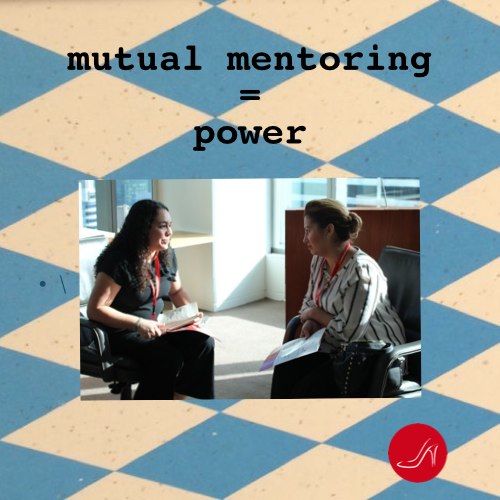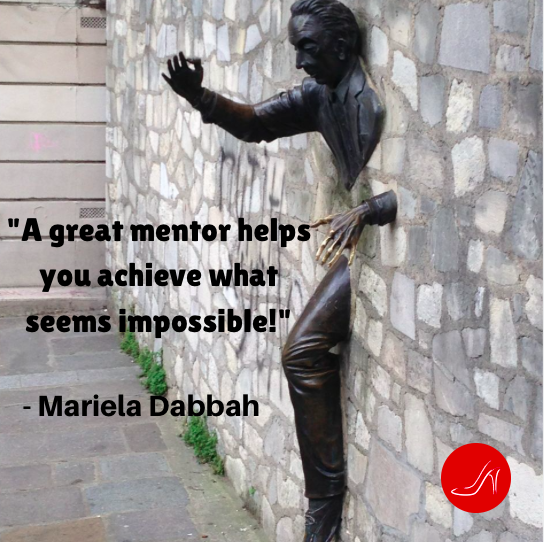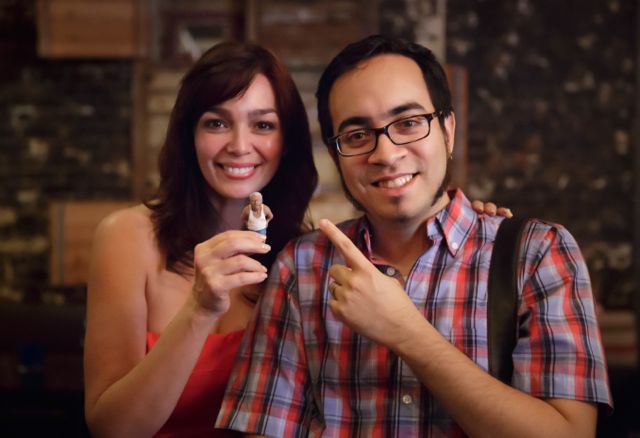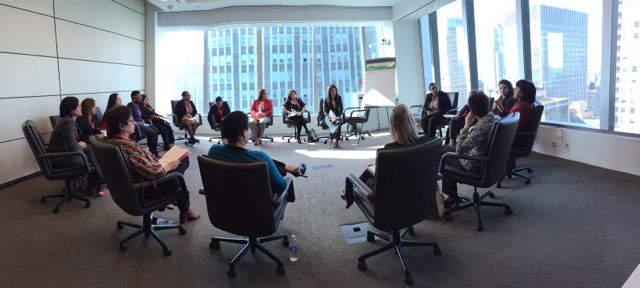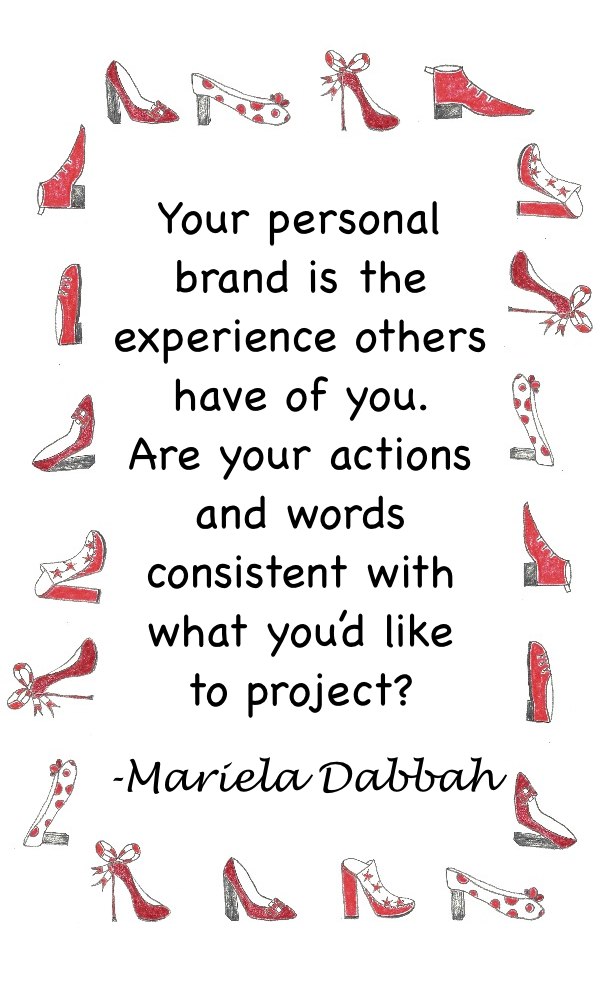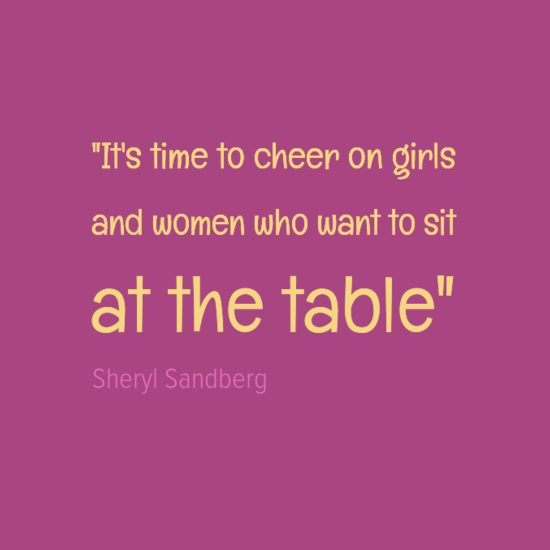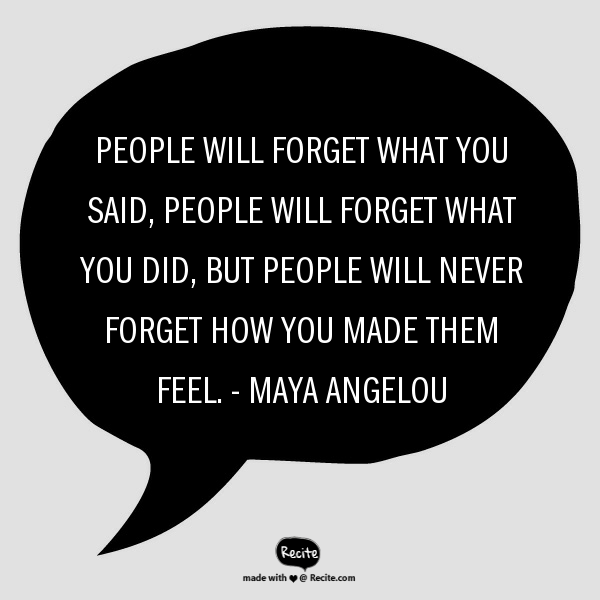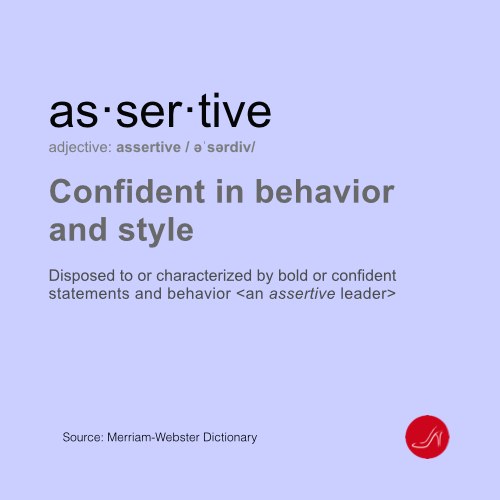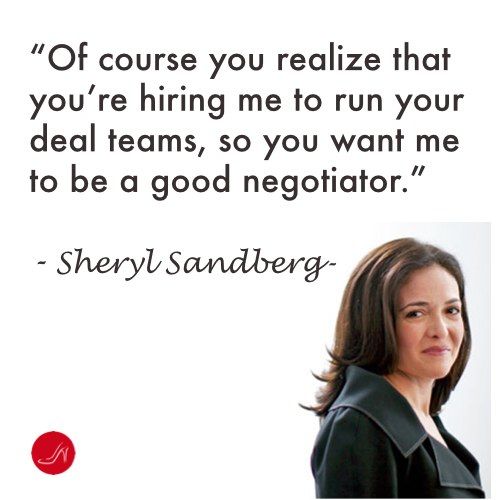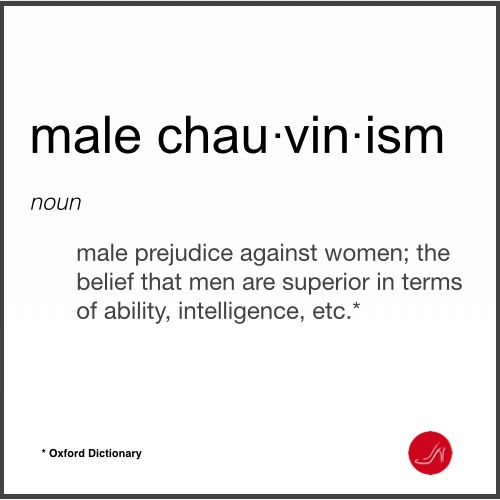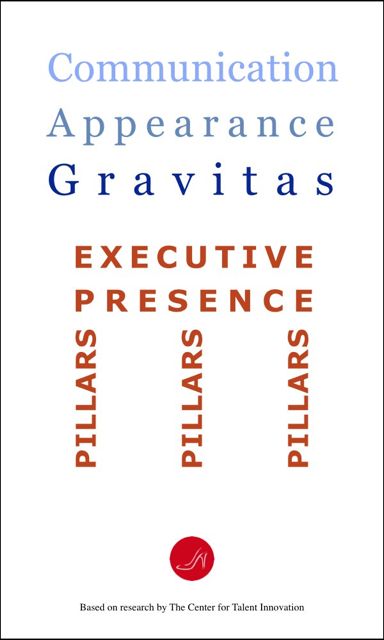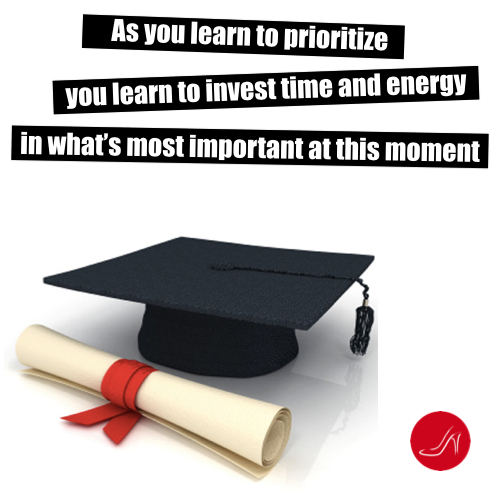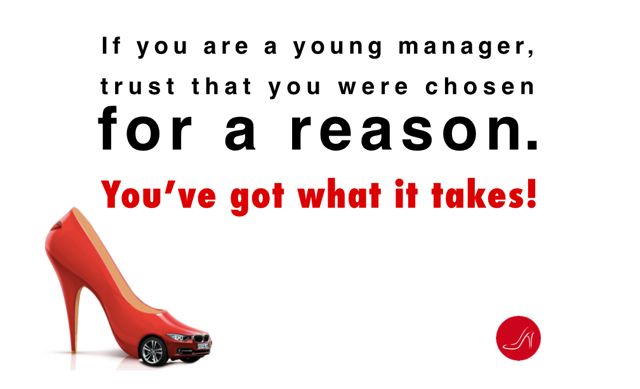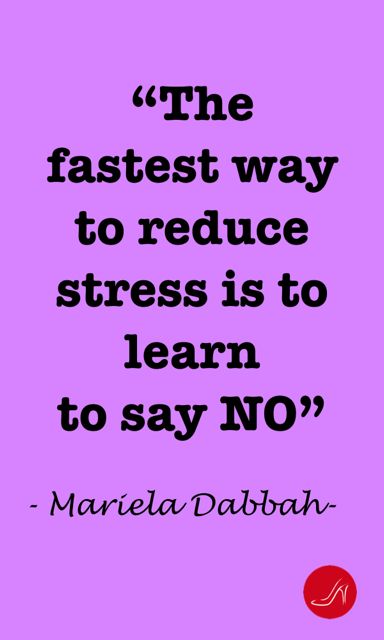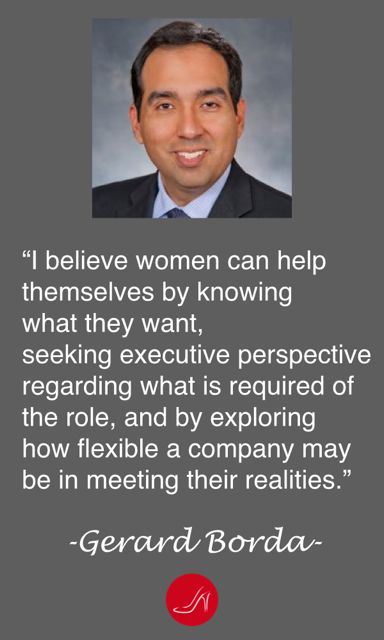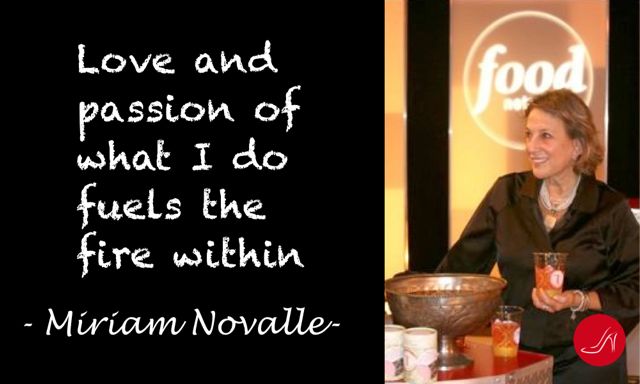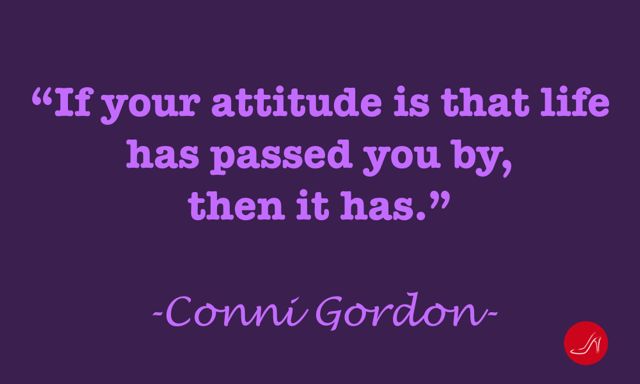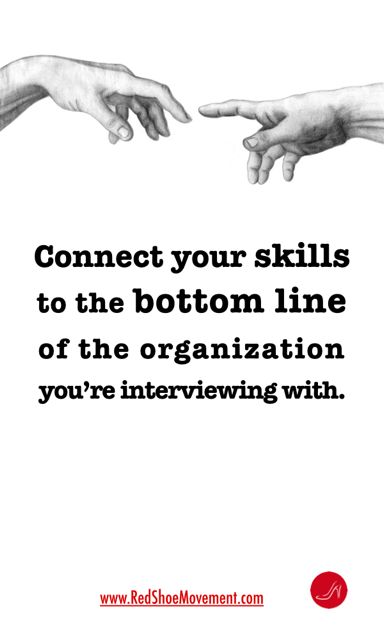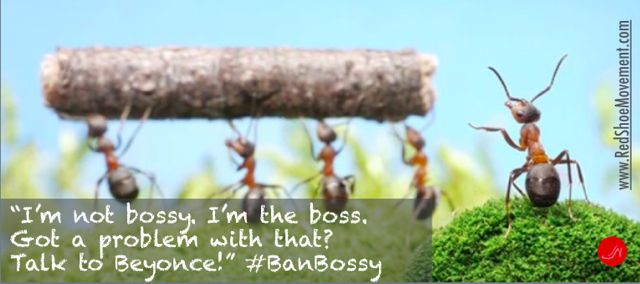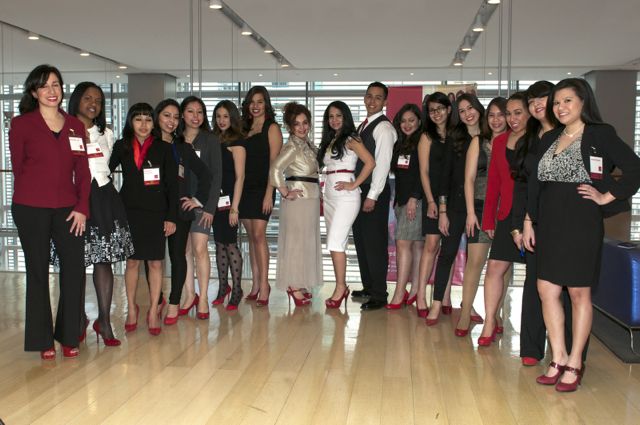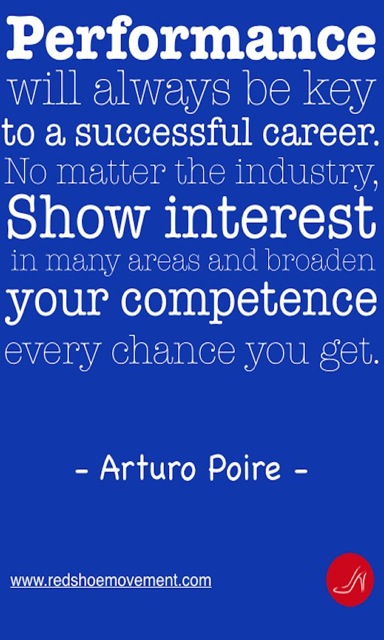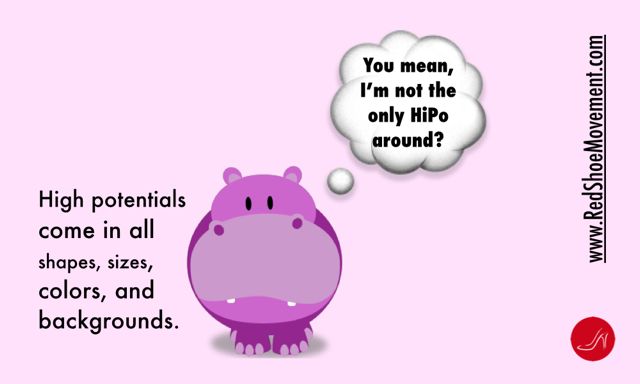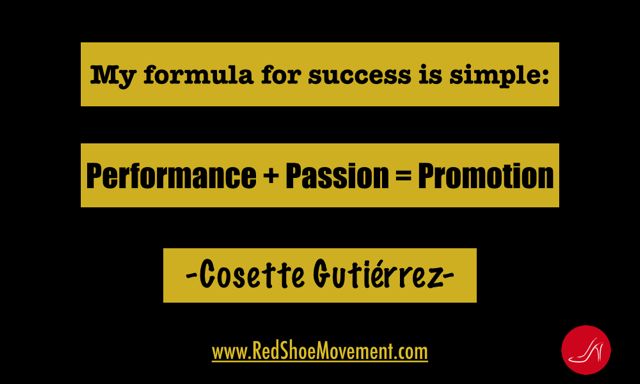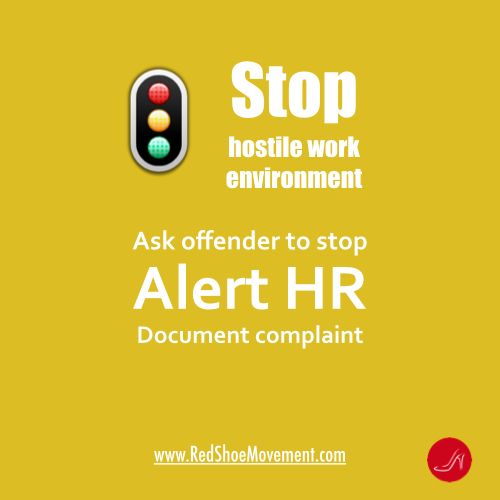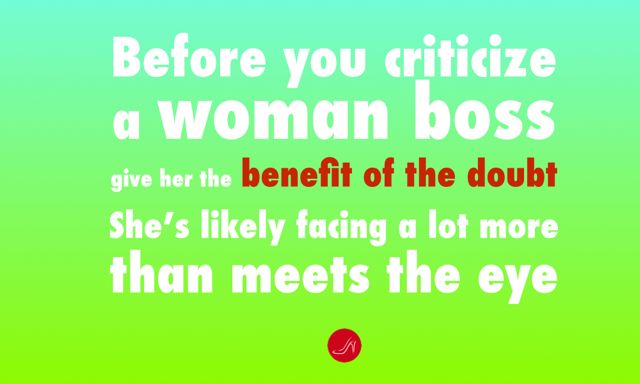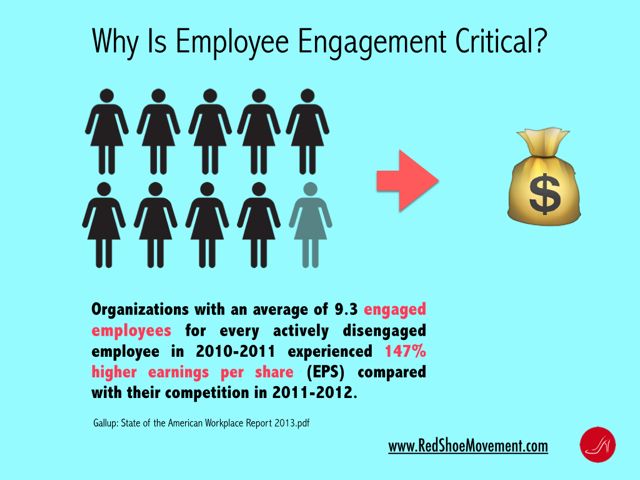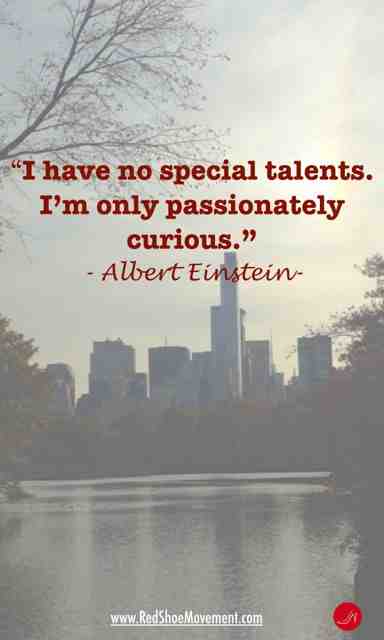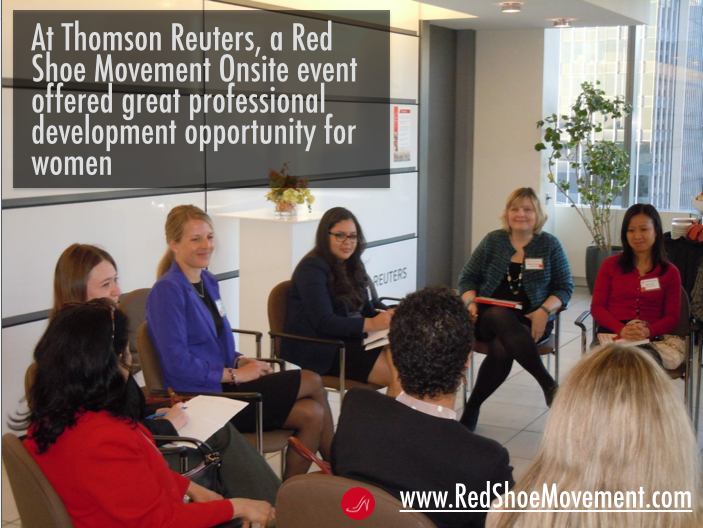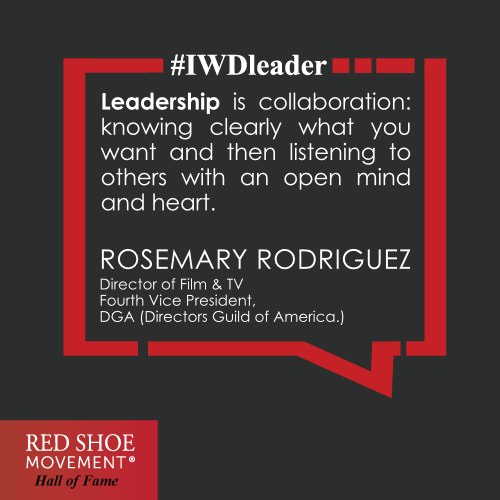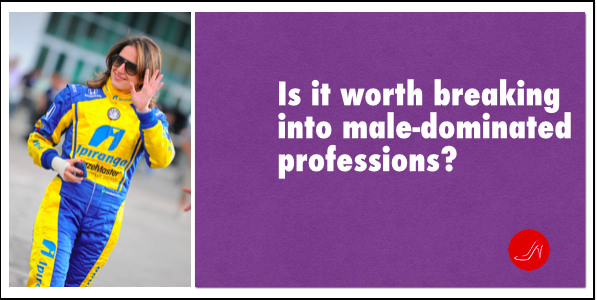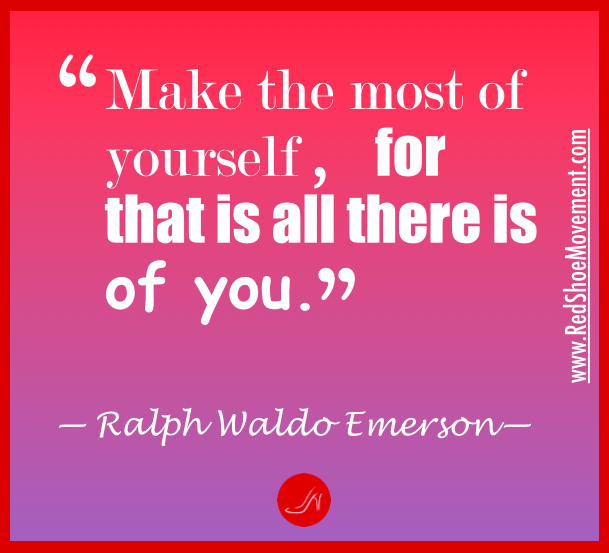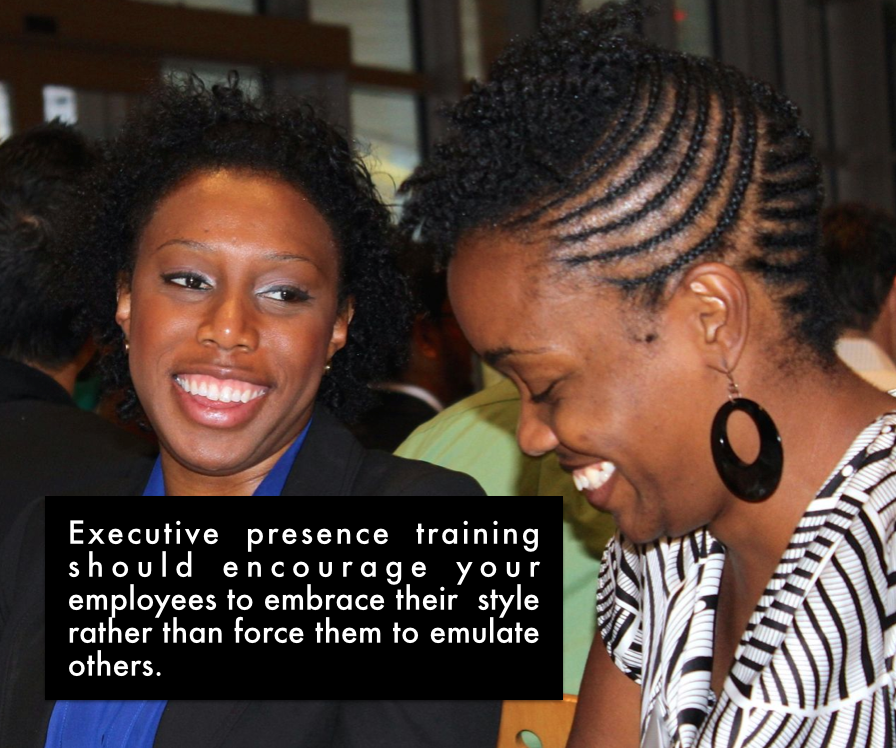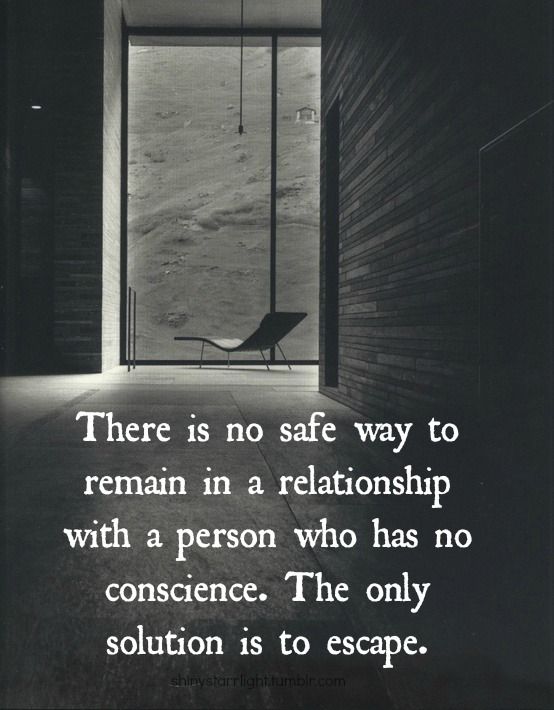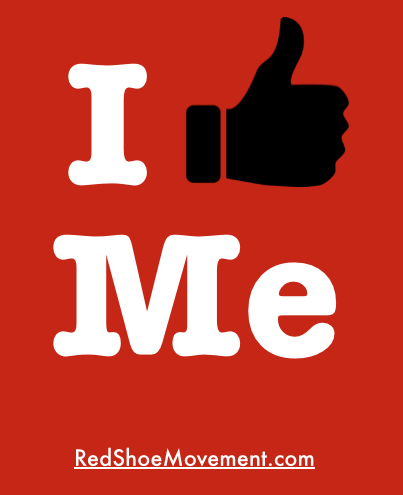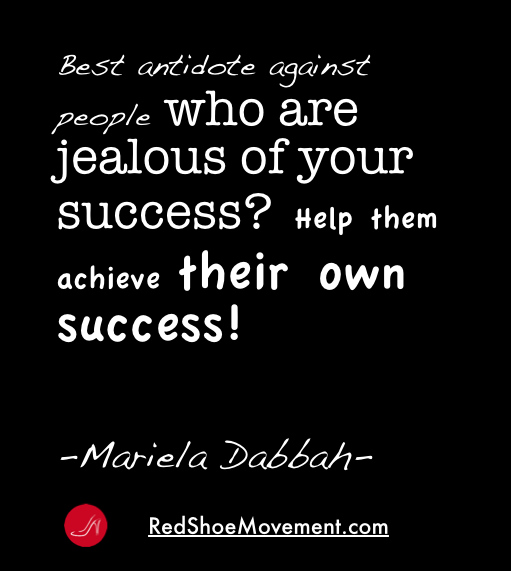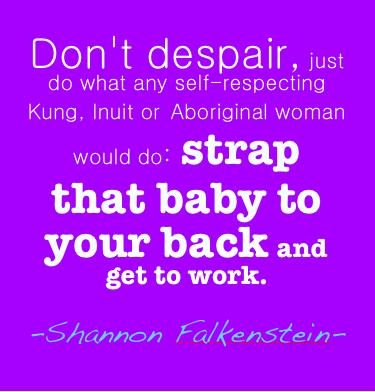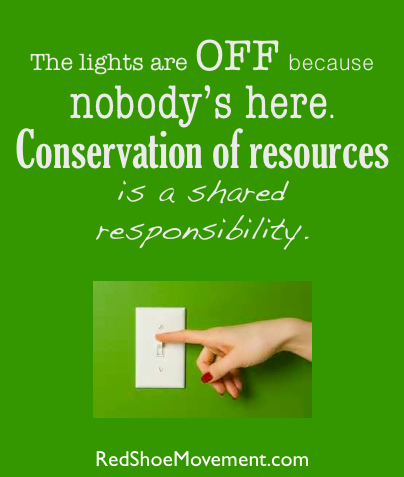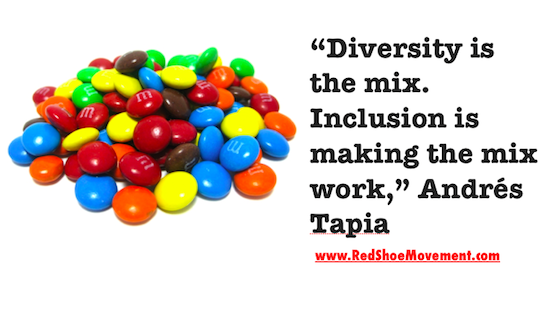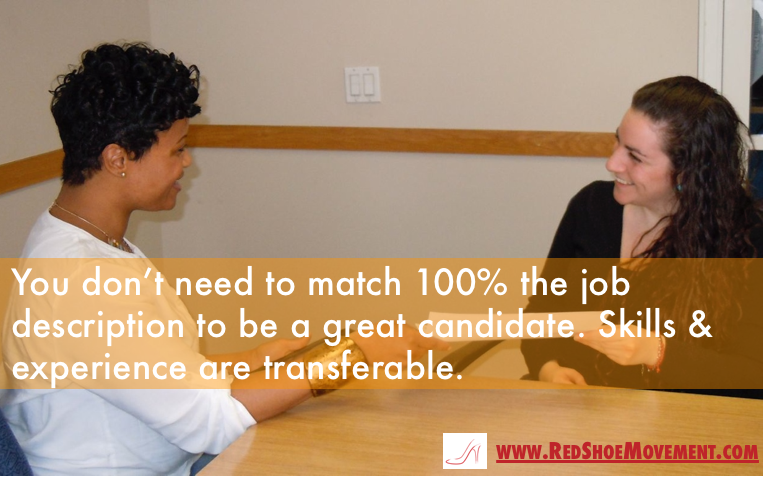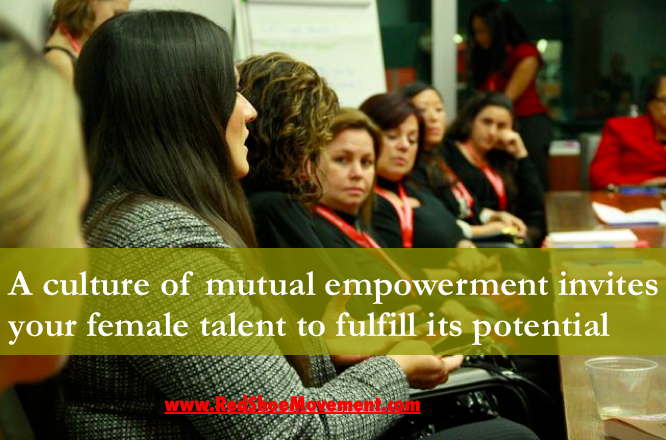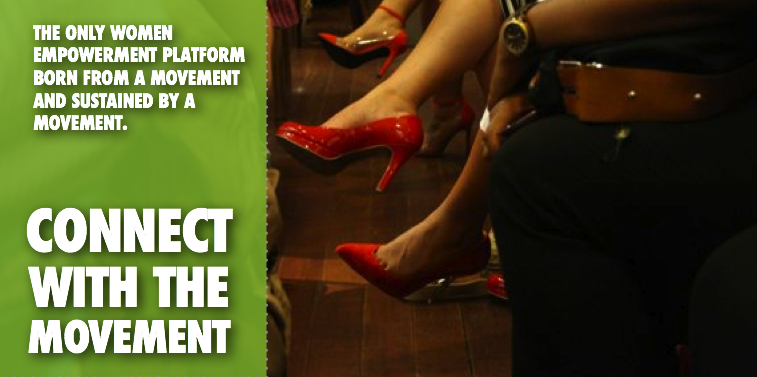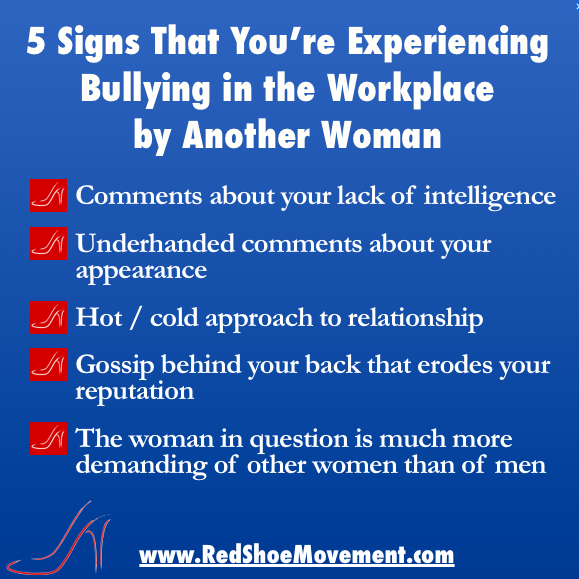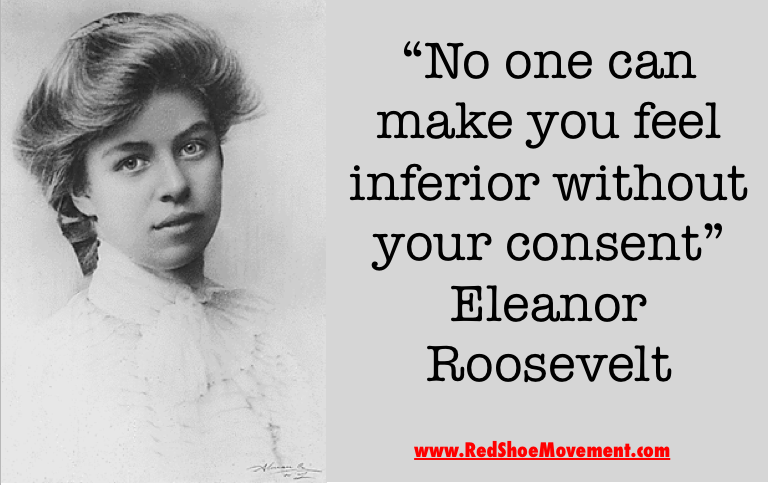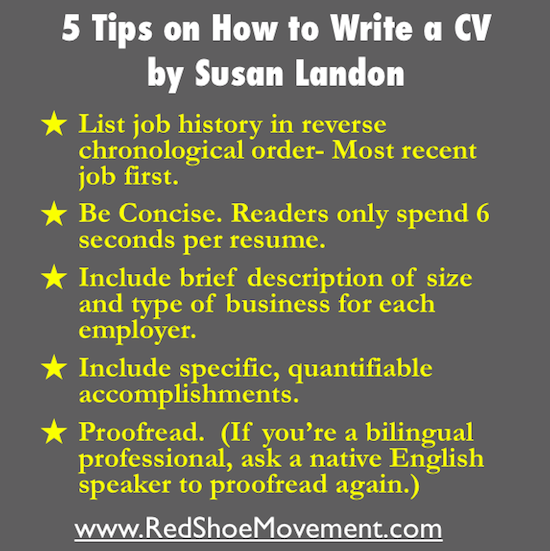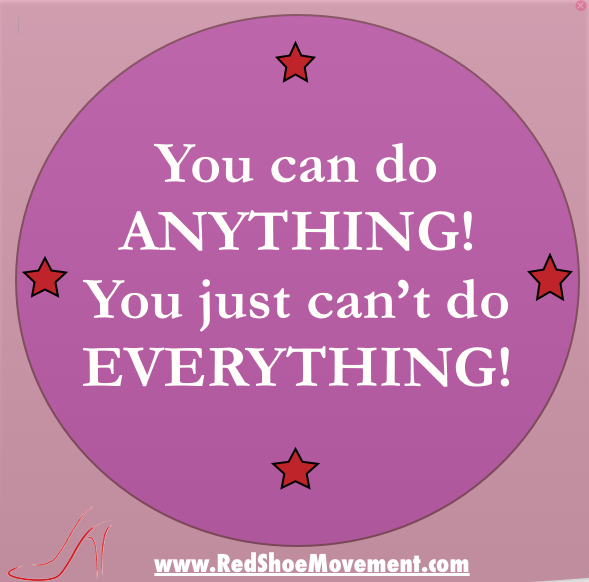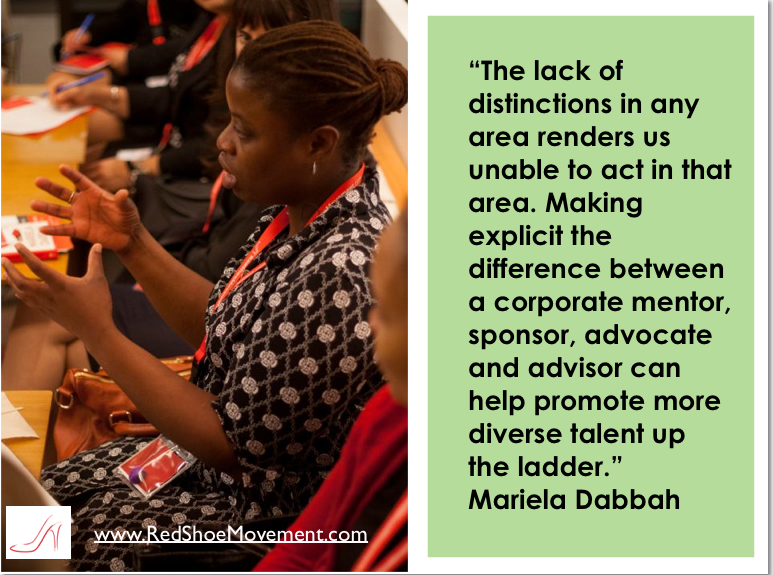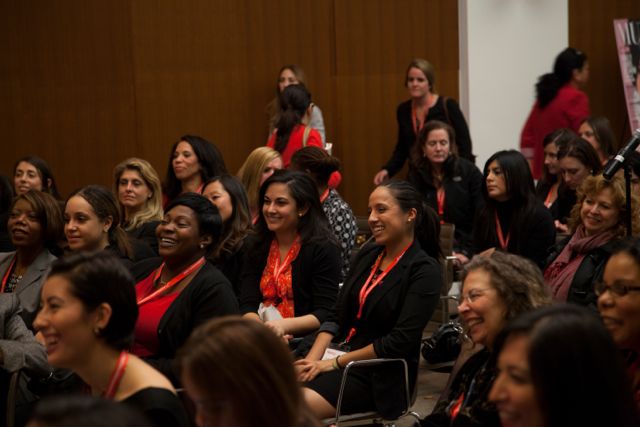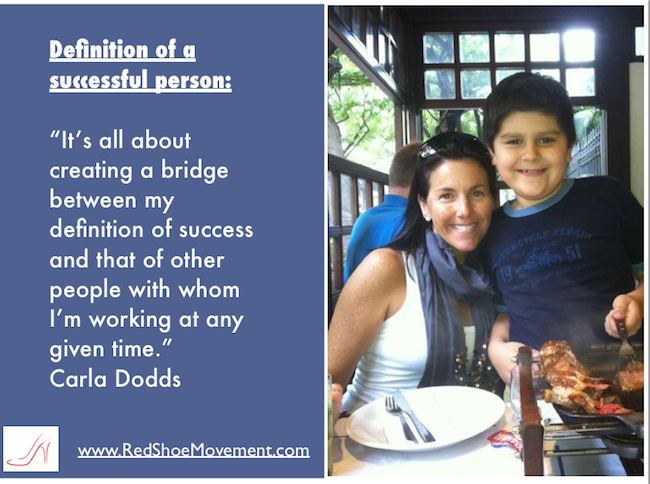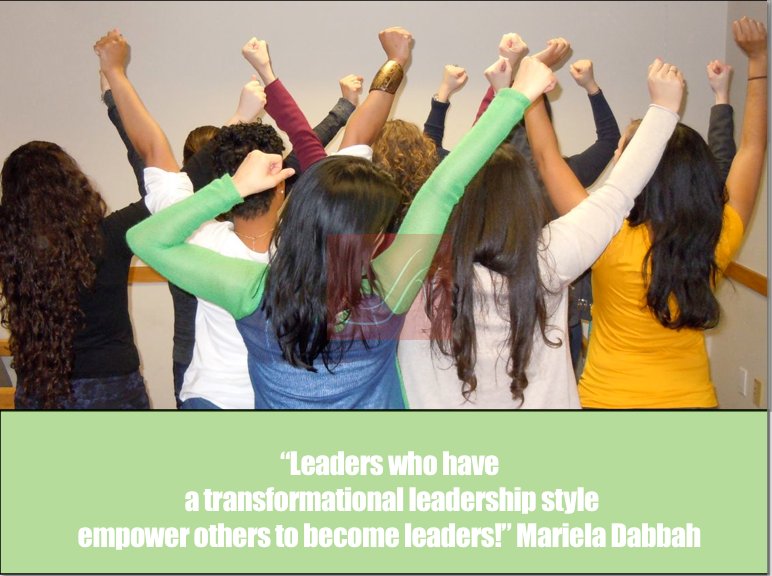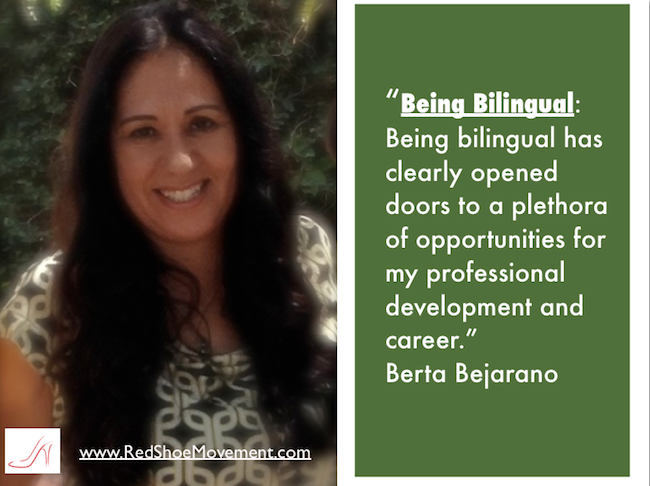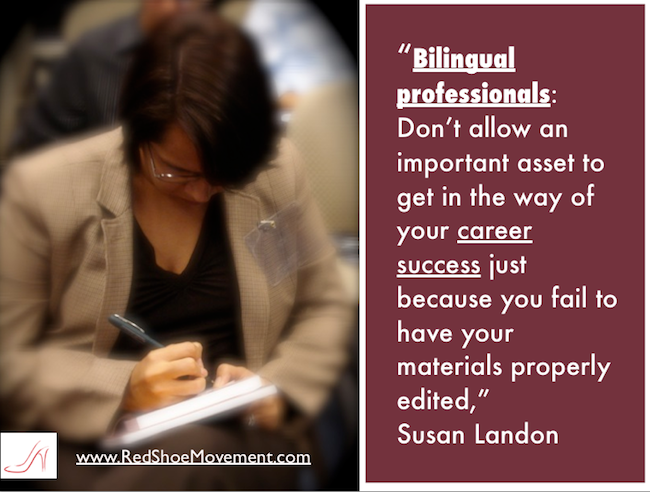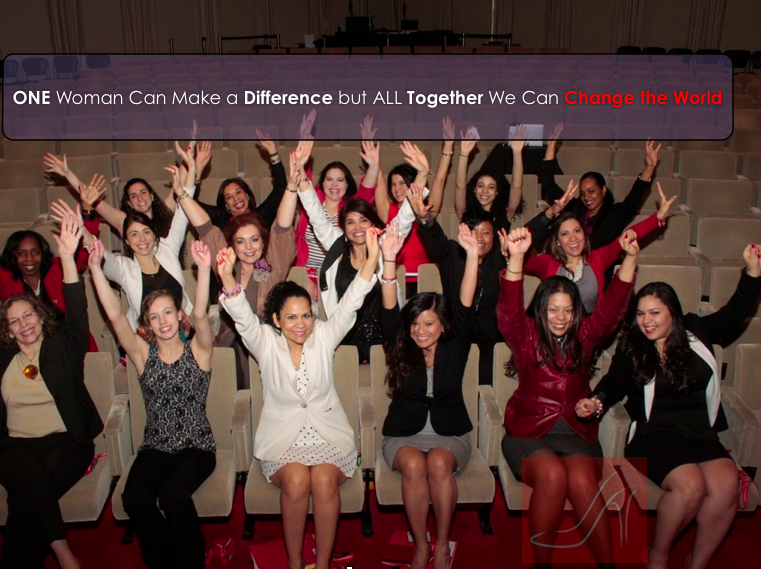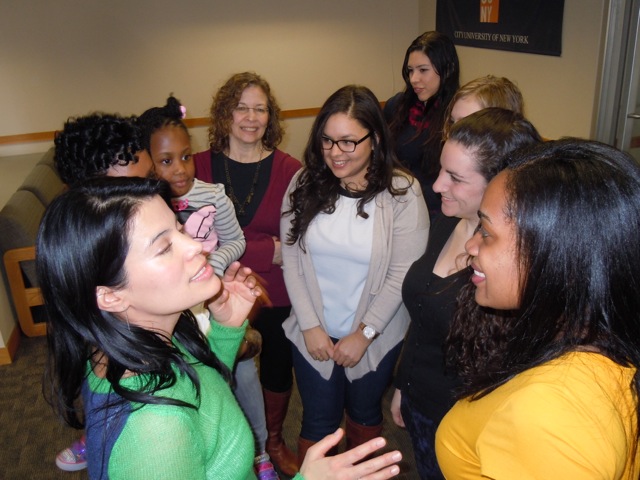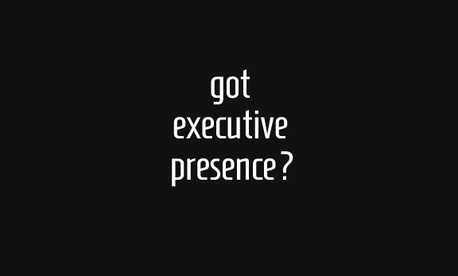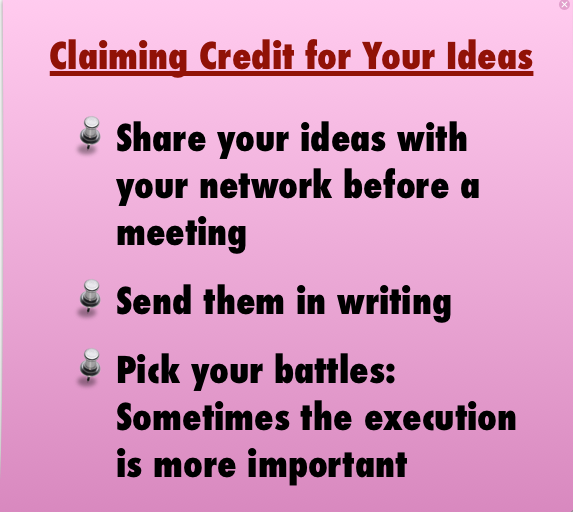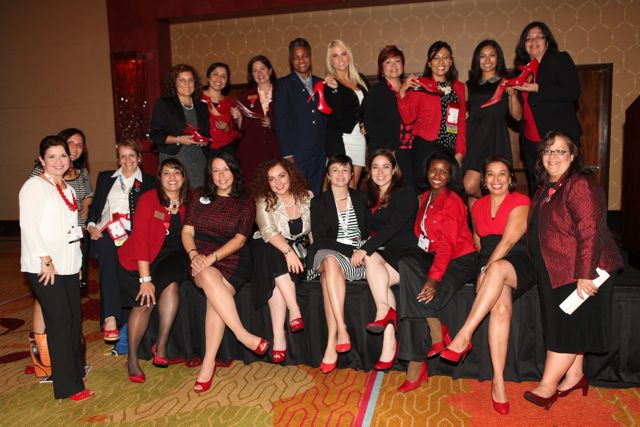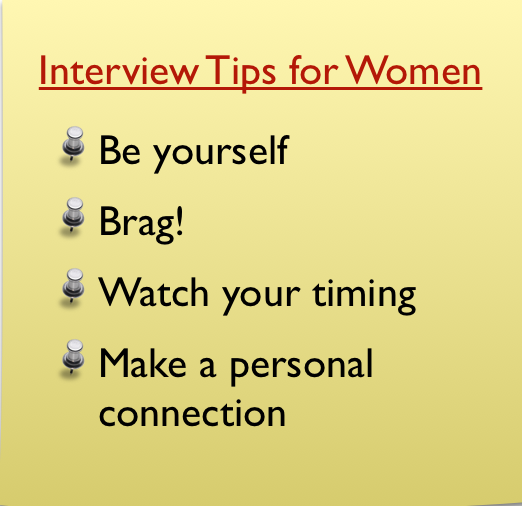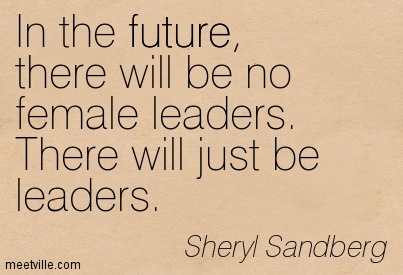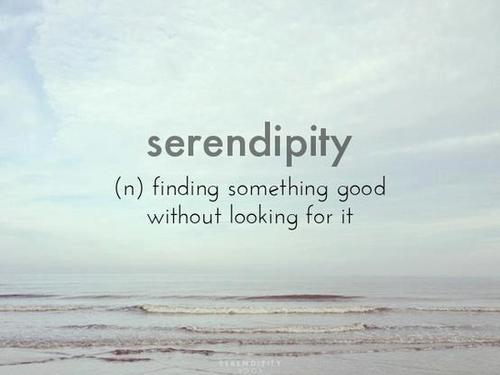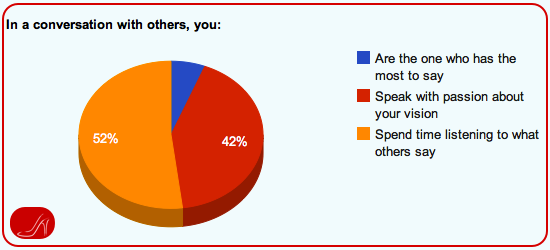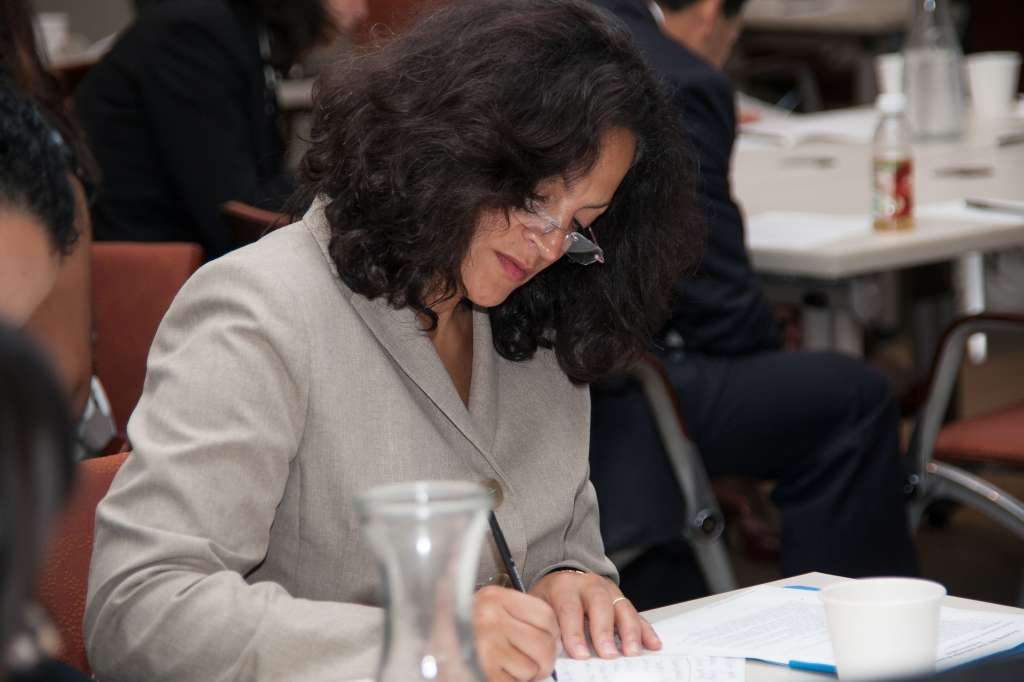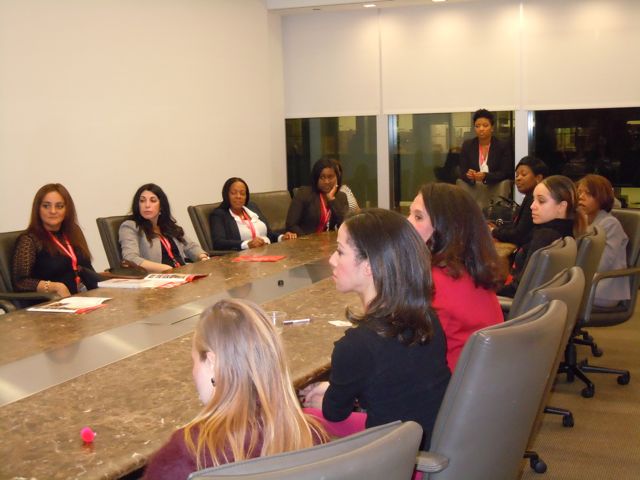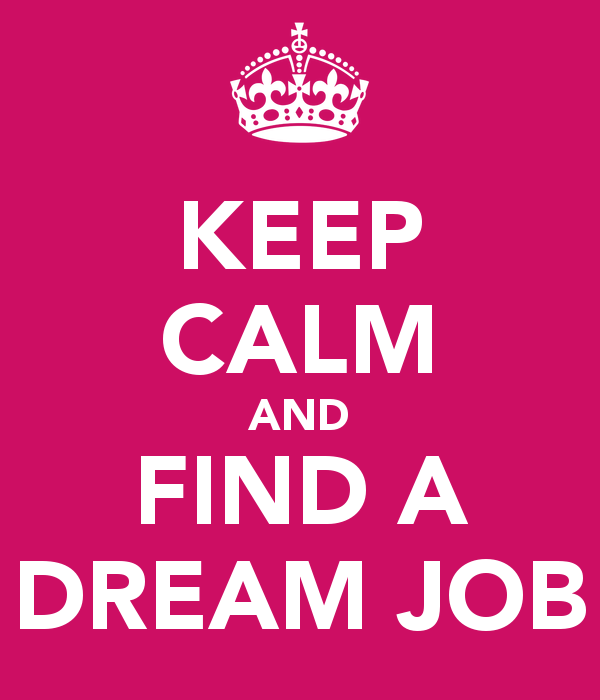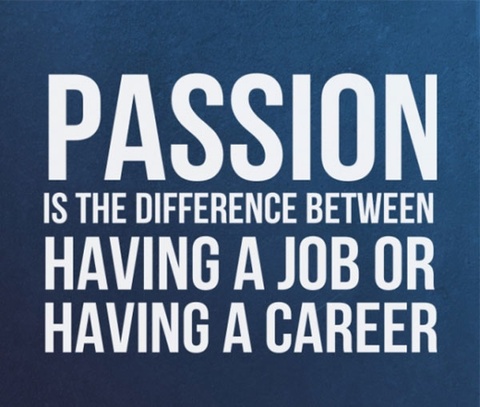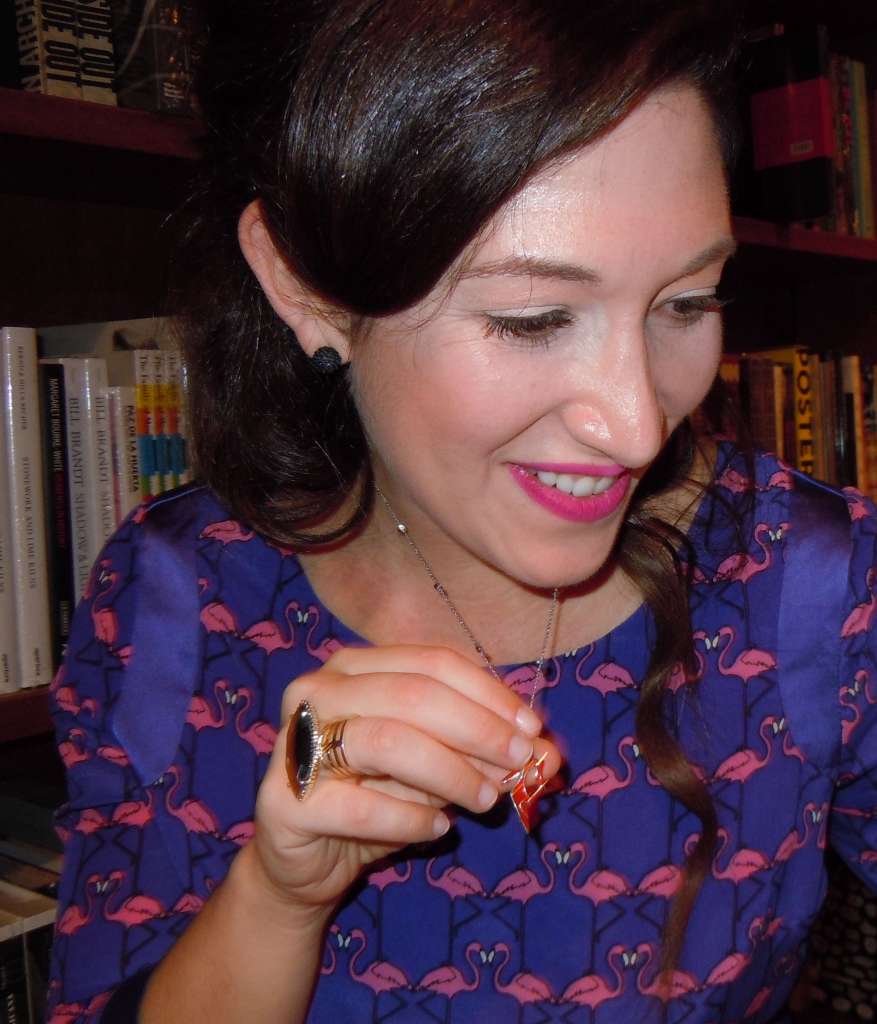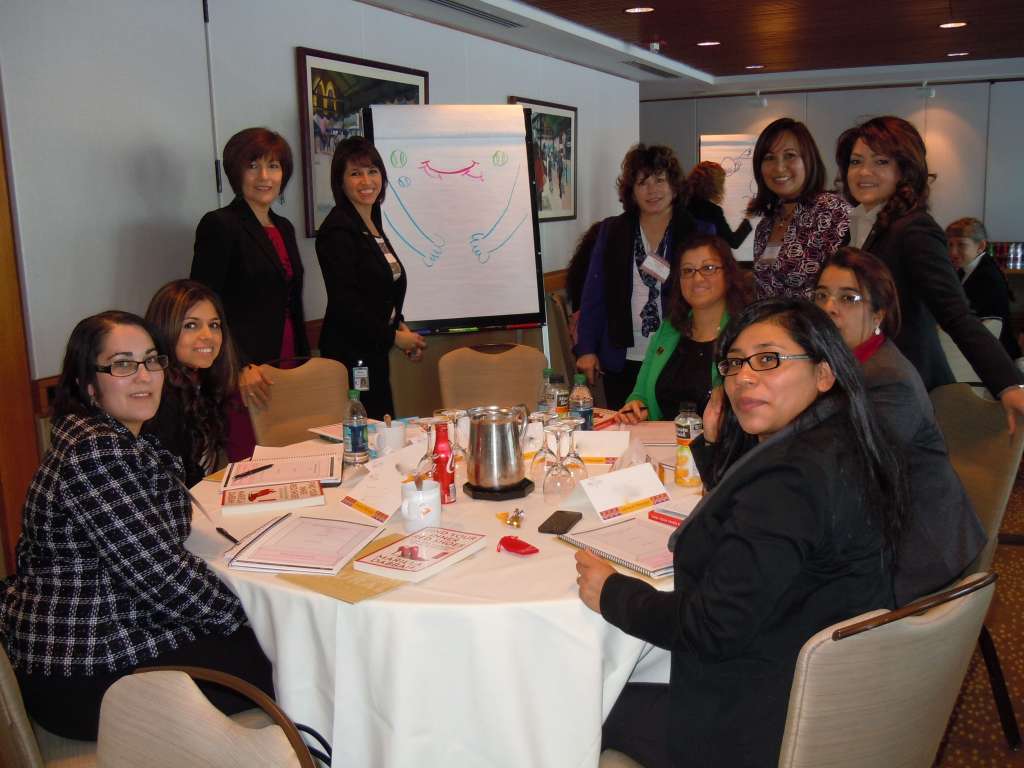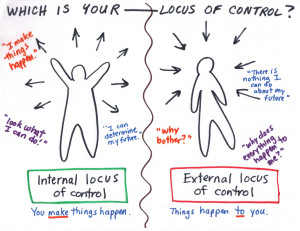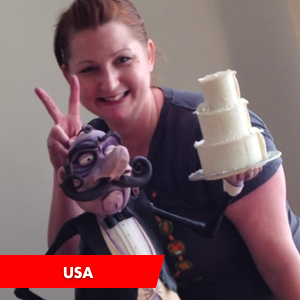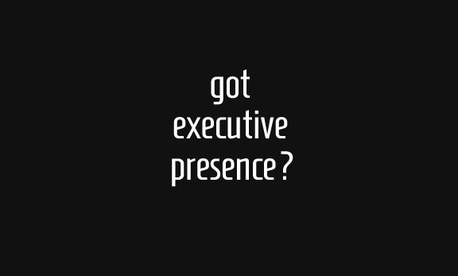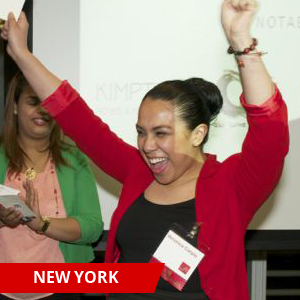We live at a time when anxiety is one of the most common disorders. Today I invite you to identify some triggers and explore how to overcome anxiety to live a fuller life.
The feeling of anxiety goes beyond a diagnosis. Here some questions to detect if you feel anxious.
- Do you feel nervous?
- Are you always in a hurry or running against the clock?
- Do you constantly have more things to do than you can?
- Do you feel the need to do more and more?
If you answered yes to one or more of these questions you have probably felt anxious in recent times.
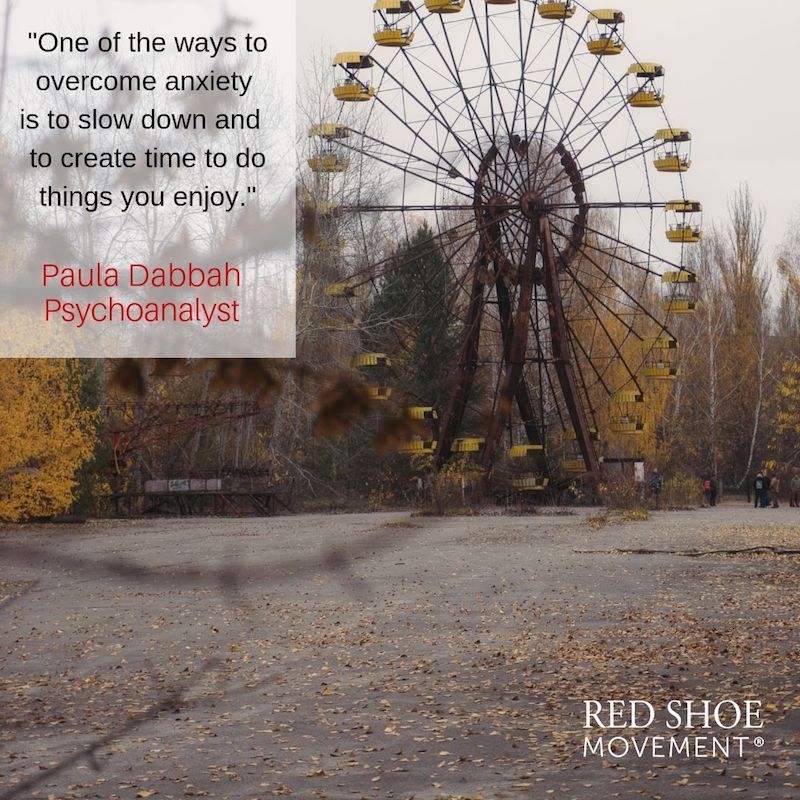
Anxiety crisis
Sometimes anxiety can end up in a crisis. You may cry, or binge eat, or feel overwhelmed. There are even those who experience panic attacks. We live in an era when time seems to have accelerated, and we seem to speed behind it. We could say that we live WITHOUT time. Everything is NOW, everything has to be IMMEDIATE.
Let’s do an exercise: Pay attention to commercials. How many of them highlight the value of speed, the famous “you can have it now” for a service, for a medication or for a meal? How many ads underscore that by using this or that product, you can continue to do anything without stopping?
None of those ads will tell you: “if your head hurts, rest for a bit,” or “if you’re exhausted, go to sleep.” No. They will tell you what to do if you have a headache so you can go on for a while longer without interruption.
How to overcome anxiety caused by our current work style?
Most people who work in an organization tend to live against the clock. That is, having to deliver projects always faster than is possible. We have the perception that there are more and more demands placed upon us and that whatever we do, it will never be enough. In fact, this is partly true because work is inexhaustible. That “more” that we constantly hear is what causes us anxiety.
New policies being developed in leading companies
Pioneer companies, however, are using research that suggests that working 24/7 and being always “on” is counterproductive to encourage leisure time. Many are forcing their associates to take vacations in order to disconnect and recharge batteries because they know that without these regular breaks you can’t think, produce, endure. Without these recovery intervals, anxiety takes hold.
What to do when we feel anxious?

If you’re wondering how to overcome anxiety, there are several ideas you can explore. Hopefully they will trigger others.
1Stop. Check where you are at. Breathe.
We could define the feeling of anxiety as “not having time”, that is, living in a hurry. It is necessary, however, to have time to do something for and for you. And when I say “have time” I don’t mean simply having chronological hours. If the day had one more hour, you would likely do more of the same. You would work harder and you would continue to hurry because you would still not have enough time for all your activities. That’s why I emphasize the lack of time is not just about not having extra chronological time. You need to create human time.
2Humanize time
The only being with time is the human being. Animals do not “have time,” they exist. Time becomes humanized when you find things to do that bring you satisfaction, when you do something you want, that you like, that you love. Have you done something like this in recent times? Or is it an exception for you to take time every so often to do something that is pleasing to you and that has nothing to do with your work?
3Get Bored
Boredom has bad press. But we have seen how important it is for kids and teenagers to get bored. It enables them to find their own resources, develop, discover or invent them. If we are constantly entertaining kids with activities or gadgets, if we never let them get bored, they are likely to become adults who won’t know what to do when they are not working. This is also true for you. Getting bored gives you the opportunity to discover new aspects about yourself and unleashes your creativity. Have you allowed yourself to get bored lately? Or do you spend all your time working or filling up your calendar with various activities?
4Explore slow movements
Human activities require time: cooking, painting, dancing, or practicing a sport. Going to the movies, strolling, sleeping. Building relationships. None of these activities can be done without time. Many have an almost meditative effect. Perhaps some of this is what the slow movements are trying to bring back. Films that last the entire length of a transcontinental trip, filmed with a camera attached to the fuselage of an airplane, invite you to sit and watch for hours as the landscape slowly changes. It is not always possible to live like this, but it is important to make time for yourself.

How to overcome anxiety generated by changes at work?
Joining a new company, changing sectors or starting a supervisory role requires certain amount of time to fit, to understand the organization’s culture, to feel that you belong, to develop relationships. And frequently, you don’t control that timing as you depend on others to do their jobs. It is common for people to want to skip these stages. You may feel bad because you started your new job a month ago and you think you should’ve already overcome this or that milestone. Or assume you should have already adapted to the new role or culture. Stop! Respect the process and respect your times.
How to help reduce anxiety in your organization?

If you have a chance to offer new ideas in your company you could create a list of activities and interests of your teammates, department or division. This would lead to hiring experts to carry them out and perhaps to establish a series of rotating courses. Here are some options
Painting, sculpting, drawing
Getting involved in any of the art disciplines during working hours can release stress and expand creativity in an unconscious way.
Cooking
Organizations are expressing an increasing interest in fostering good health. What better way to promote your company’s support for healthy eating habits than to offer cooking classes? People can prepare their lunch to eat at work or cook dinner to take home. (Thus alleviating the time it takes to prepare dinner once employees get home.) It is also an excellent opportunity to learn about other cultures and strengthen ties between people from diverse backgrounds.
Literary or film clubs
This type of course leads employees to take time to watch a movie or read a book together or on their own and then meet to have a meaningful conversation.
Knitting & weaving
Knitting and weaving groups have shown excellent results to establish and strengthen connections in different communities. It is also an activity that has an almost meditative rhythm that forces you to slow down.
As you can see, there are many alternatives to foster spaces to create time for yourself. Paradoxically, this time that may seem unproductive at first is critical for your health. It helps reduce the anxiety caused by the feeling of lack of time and it promotes your well-being at work and in your personal life. So take time to make time.
